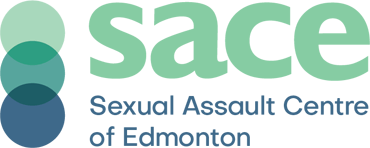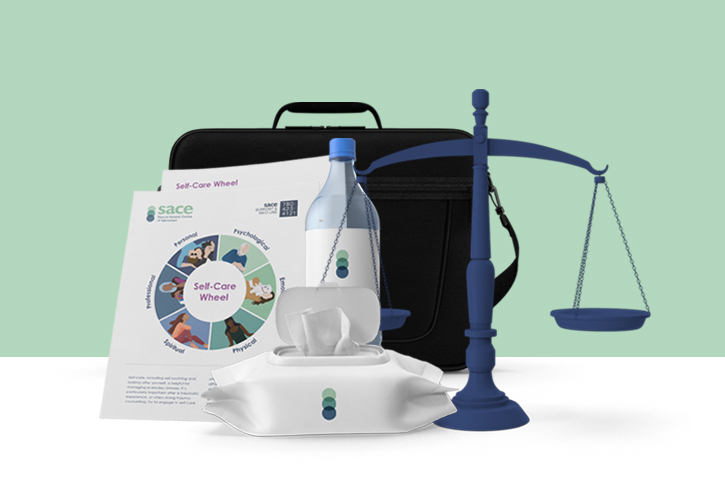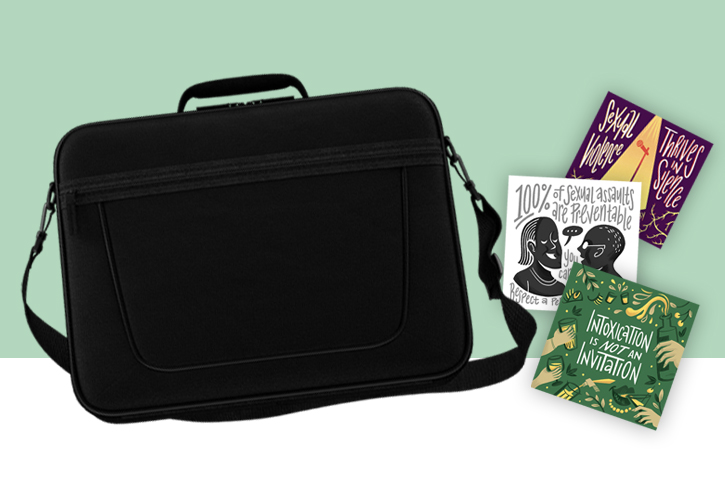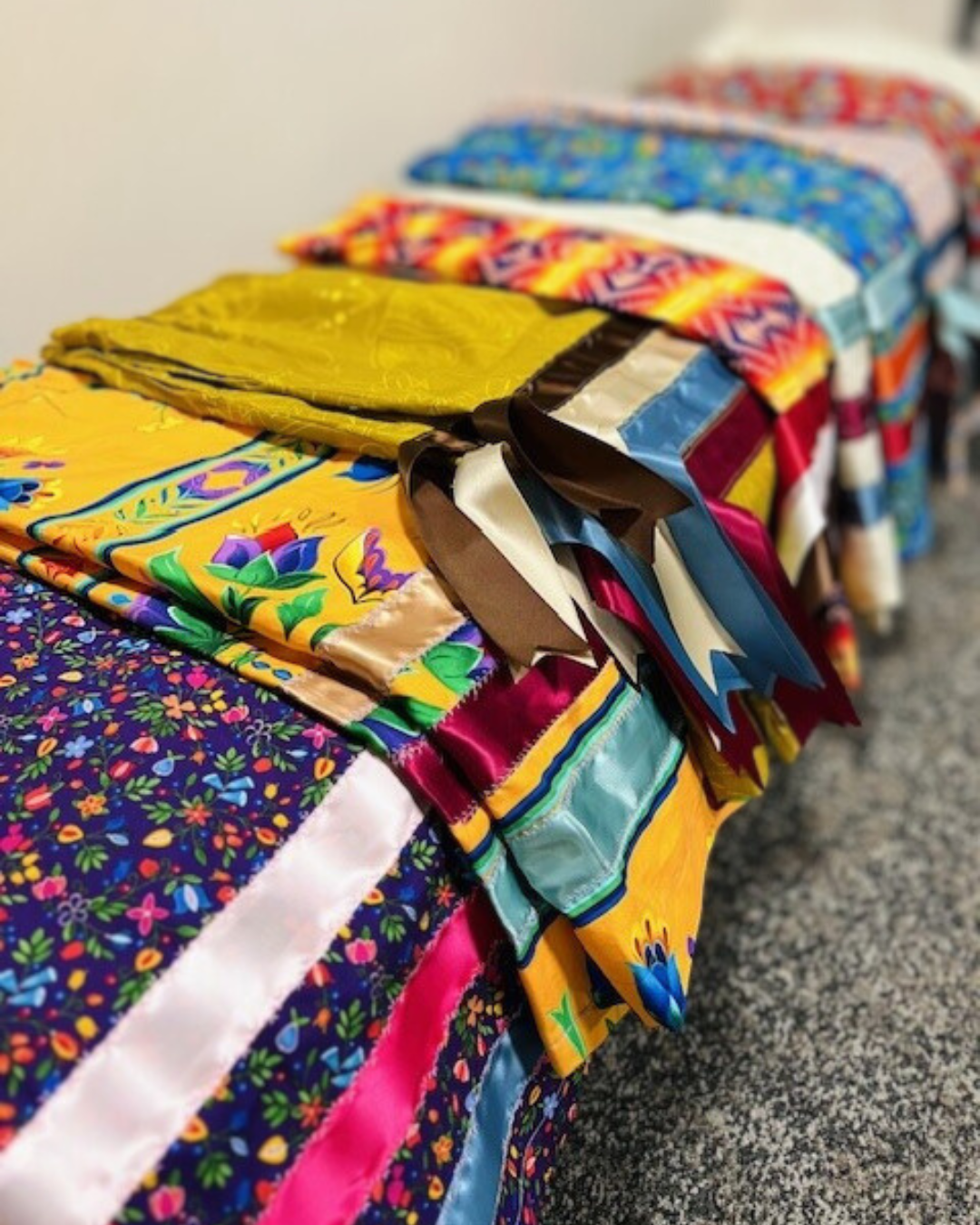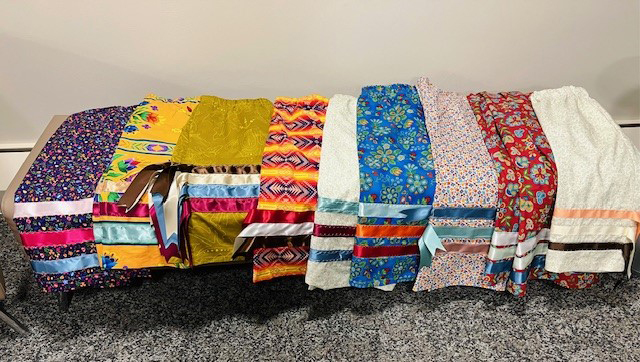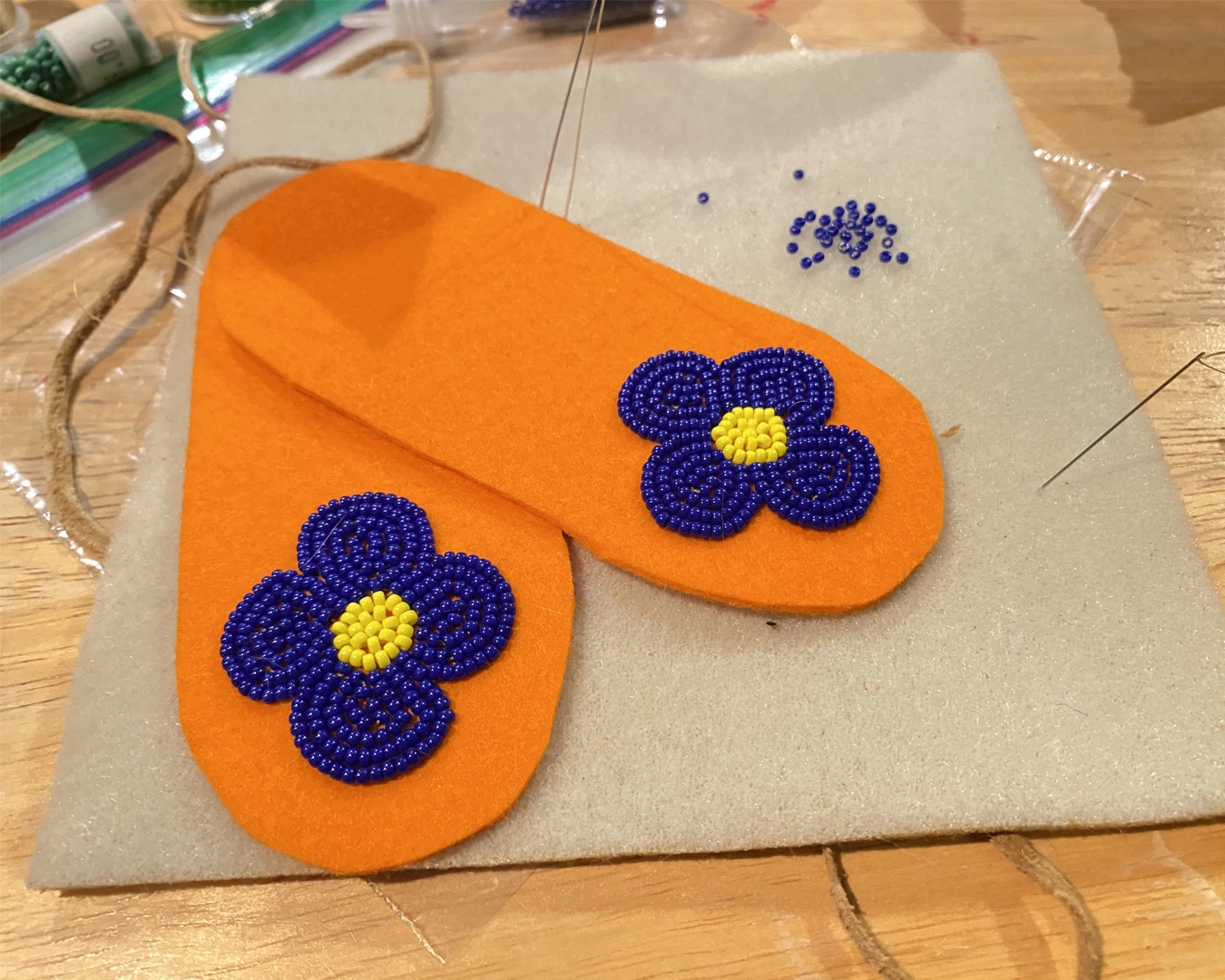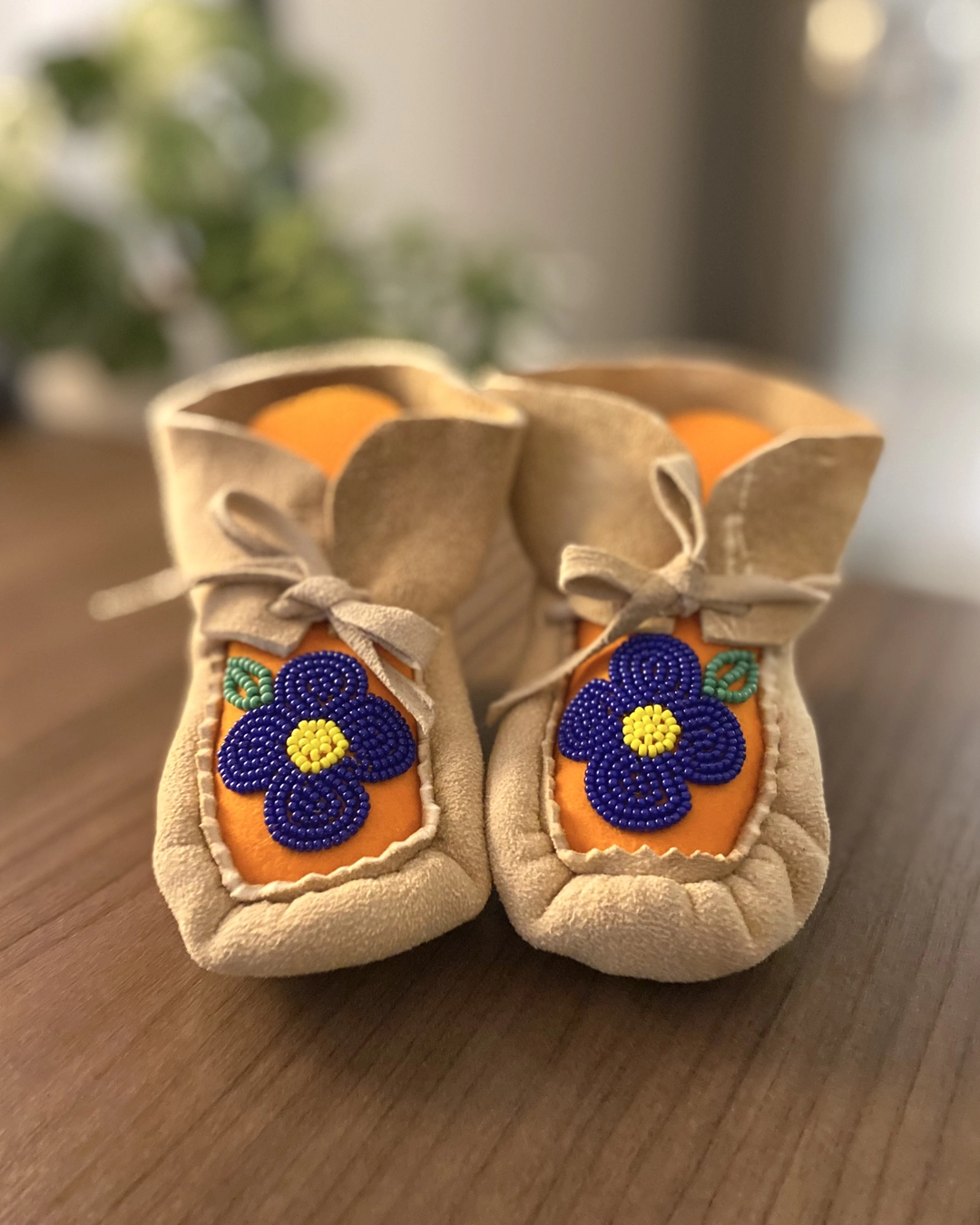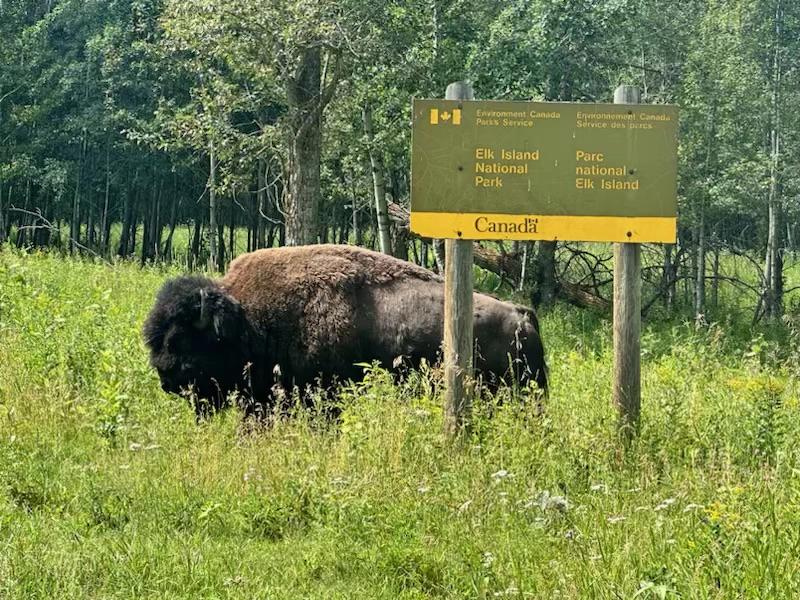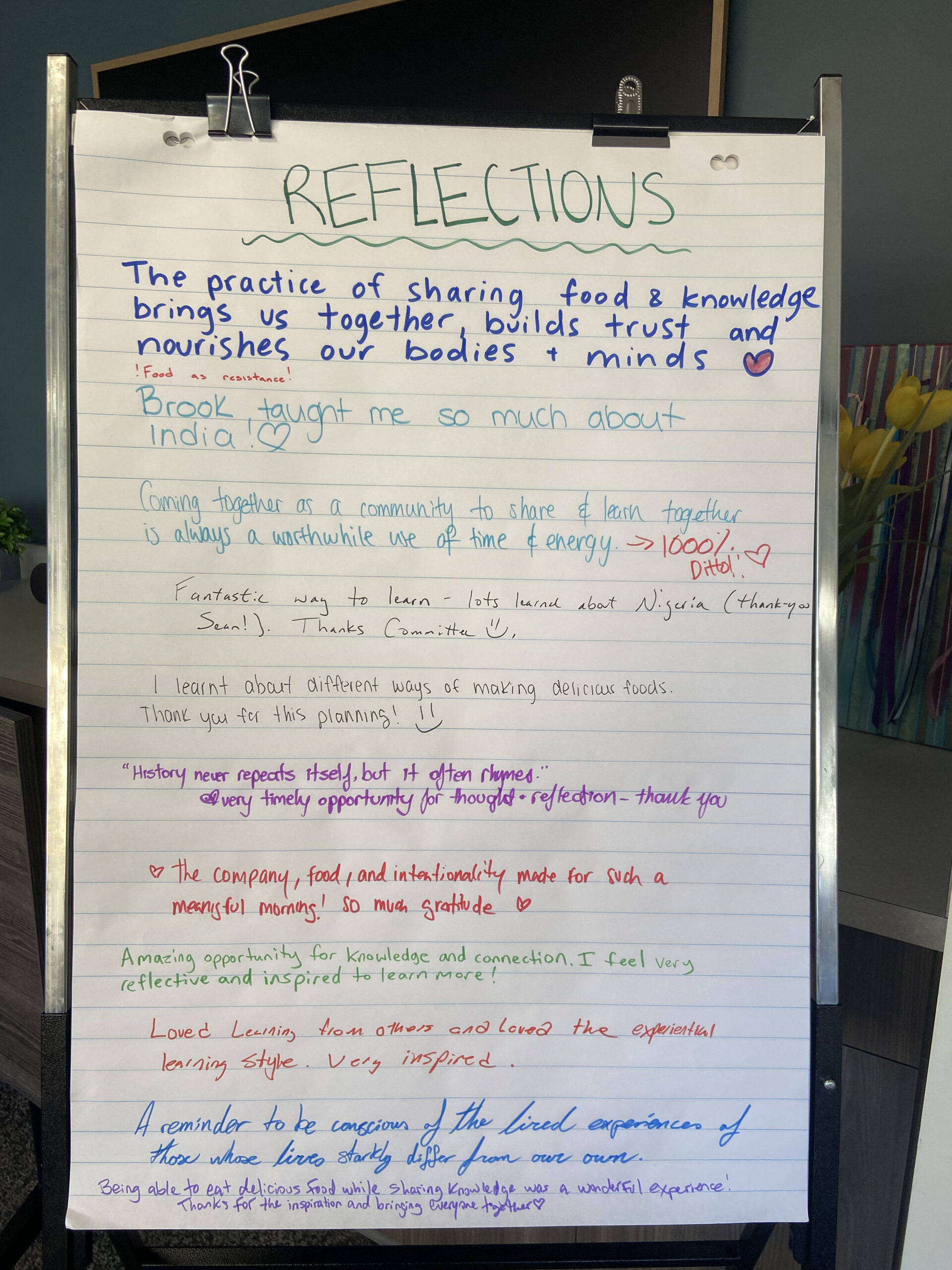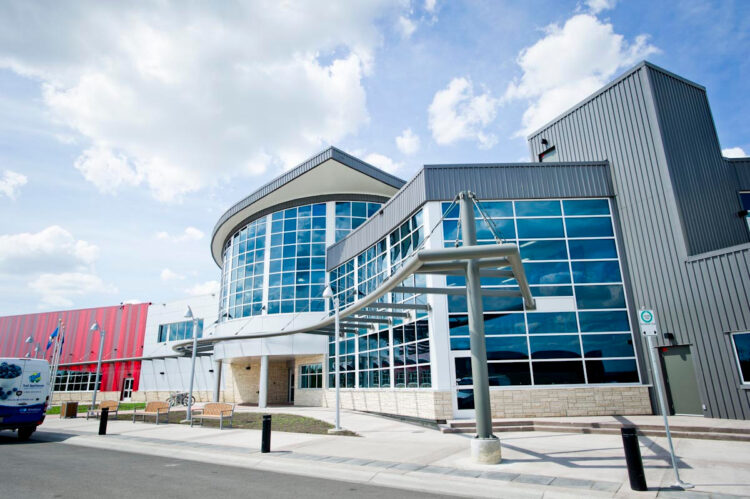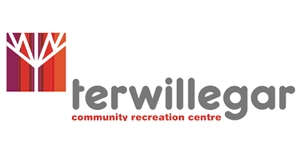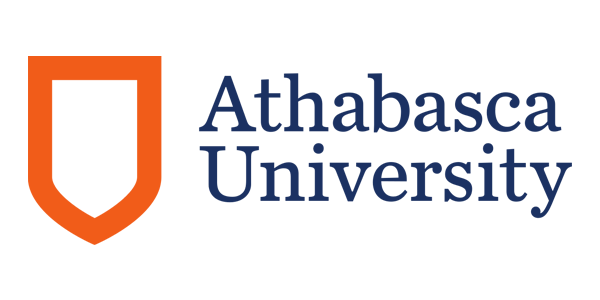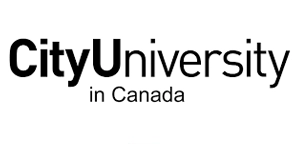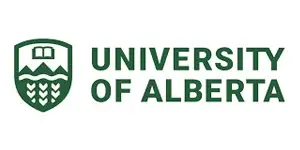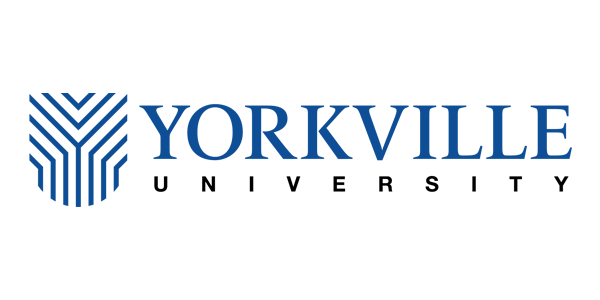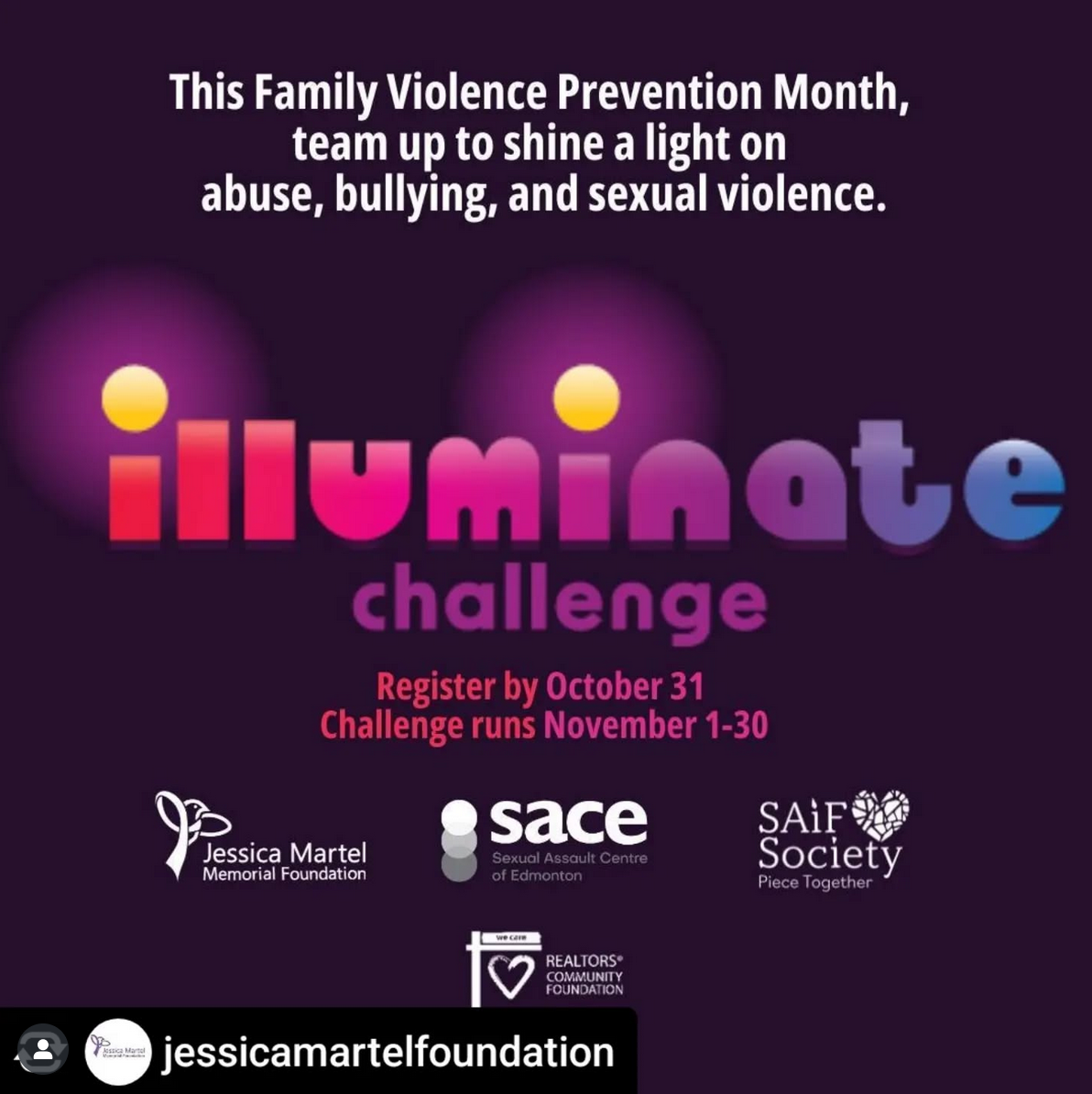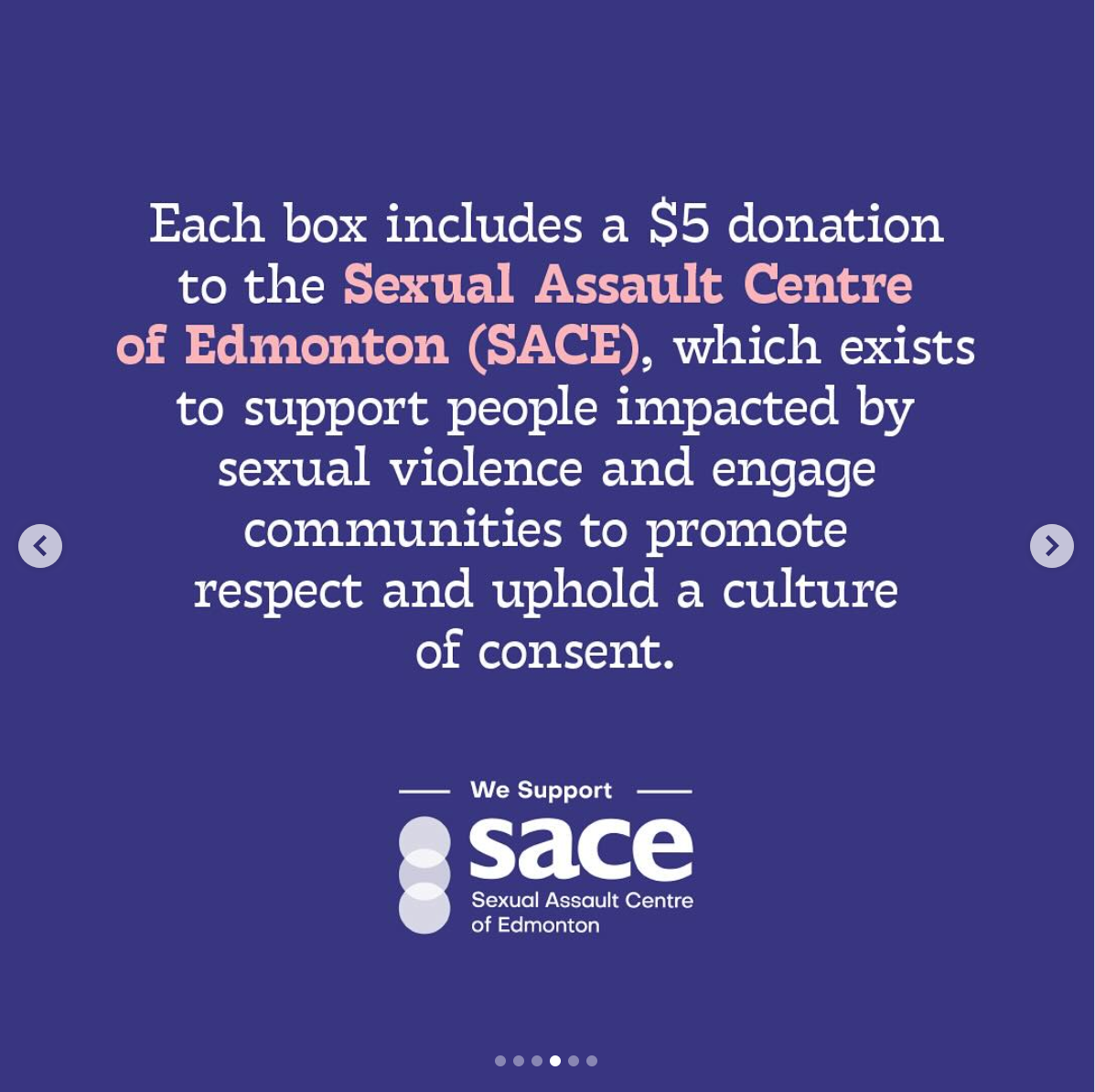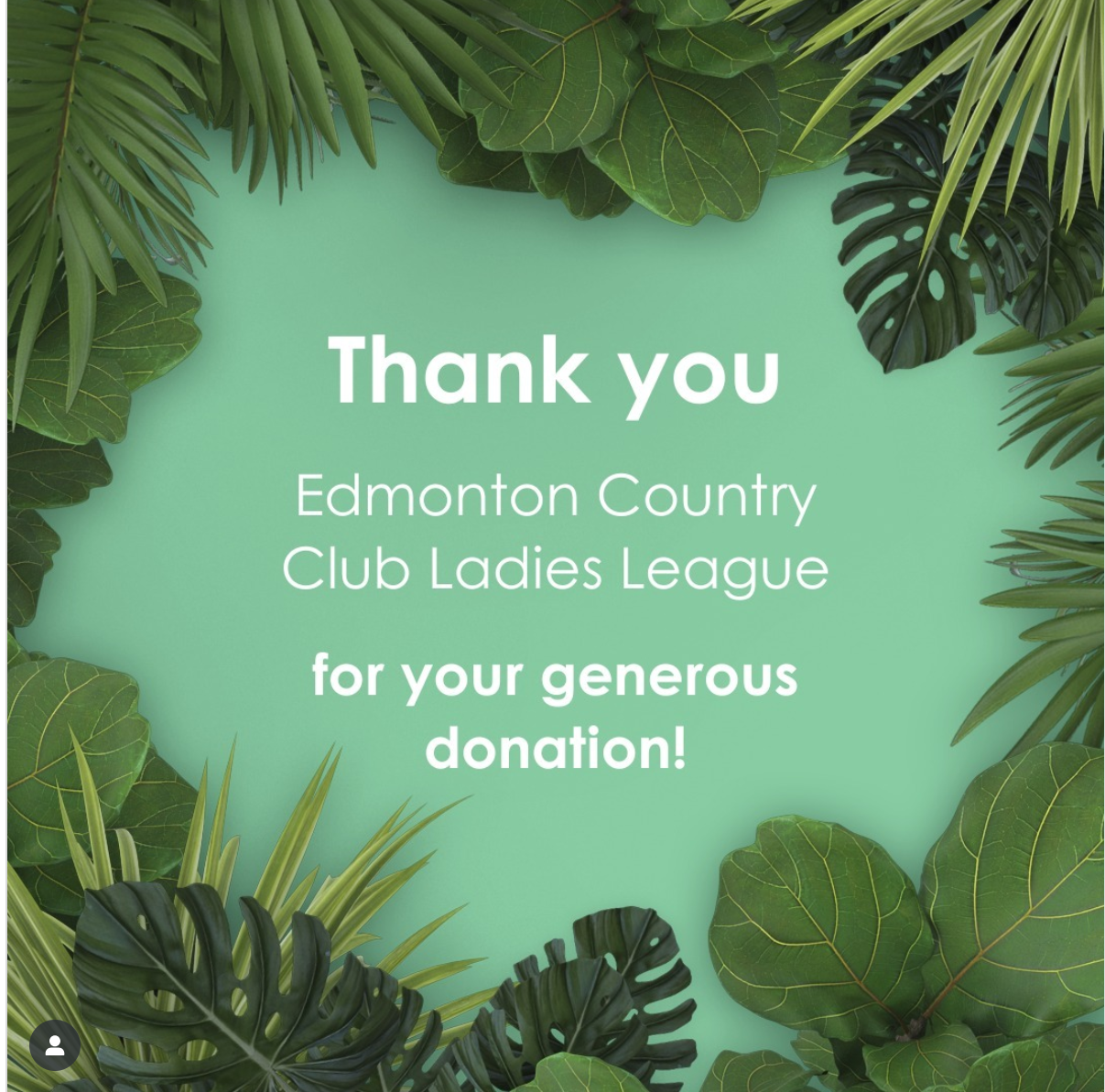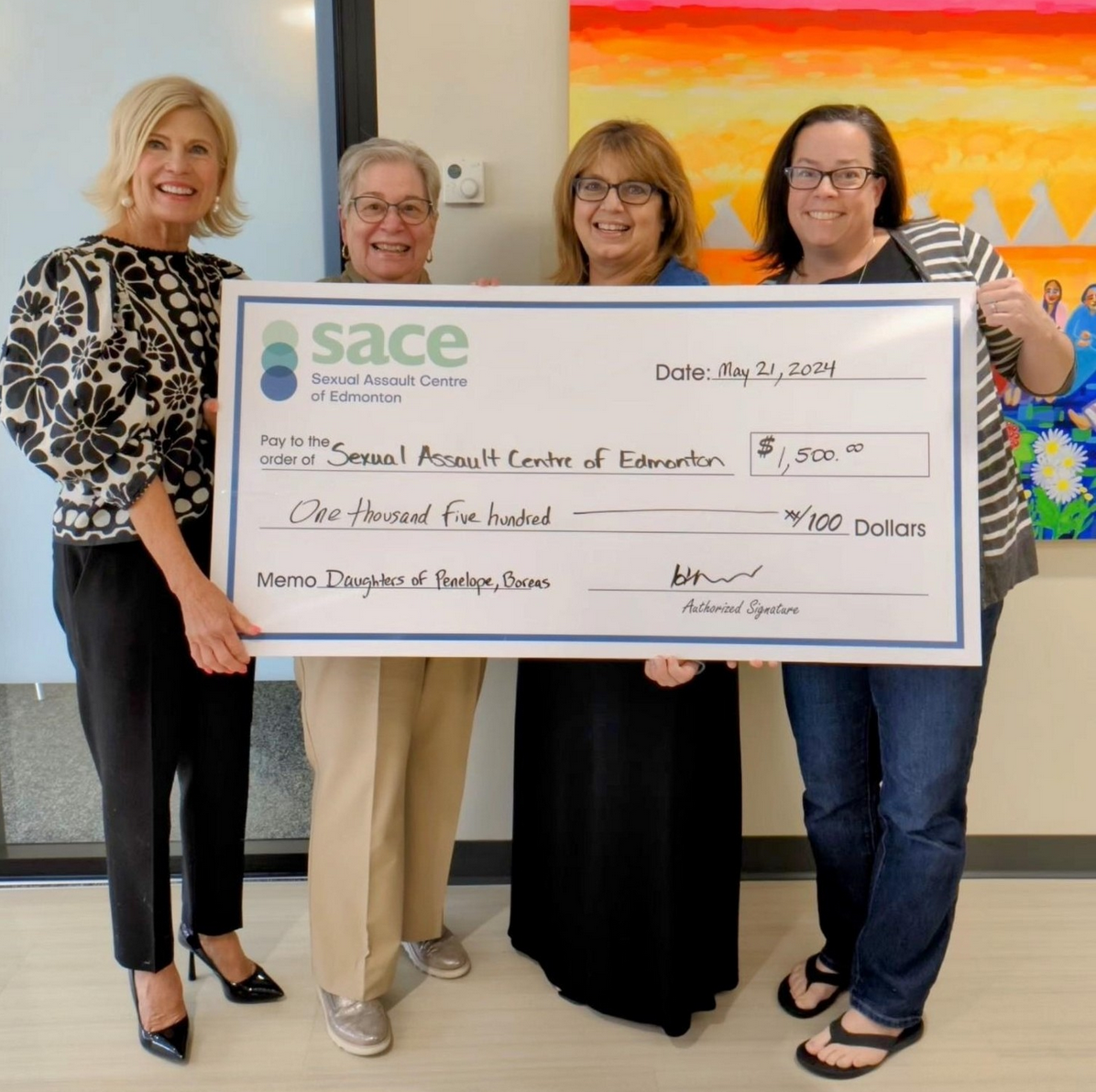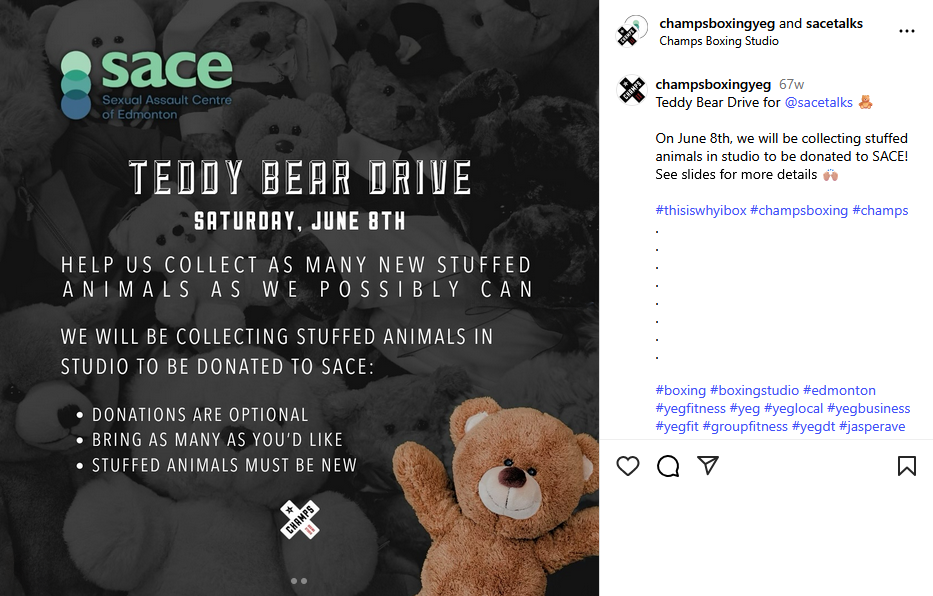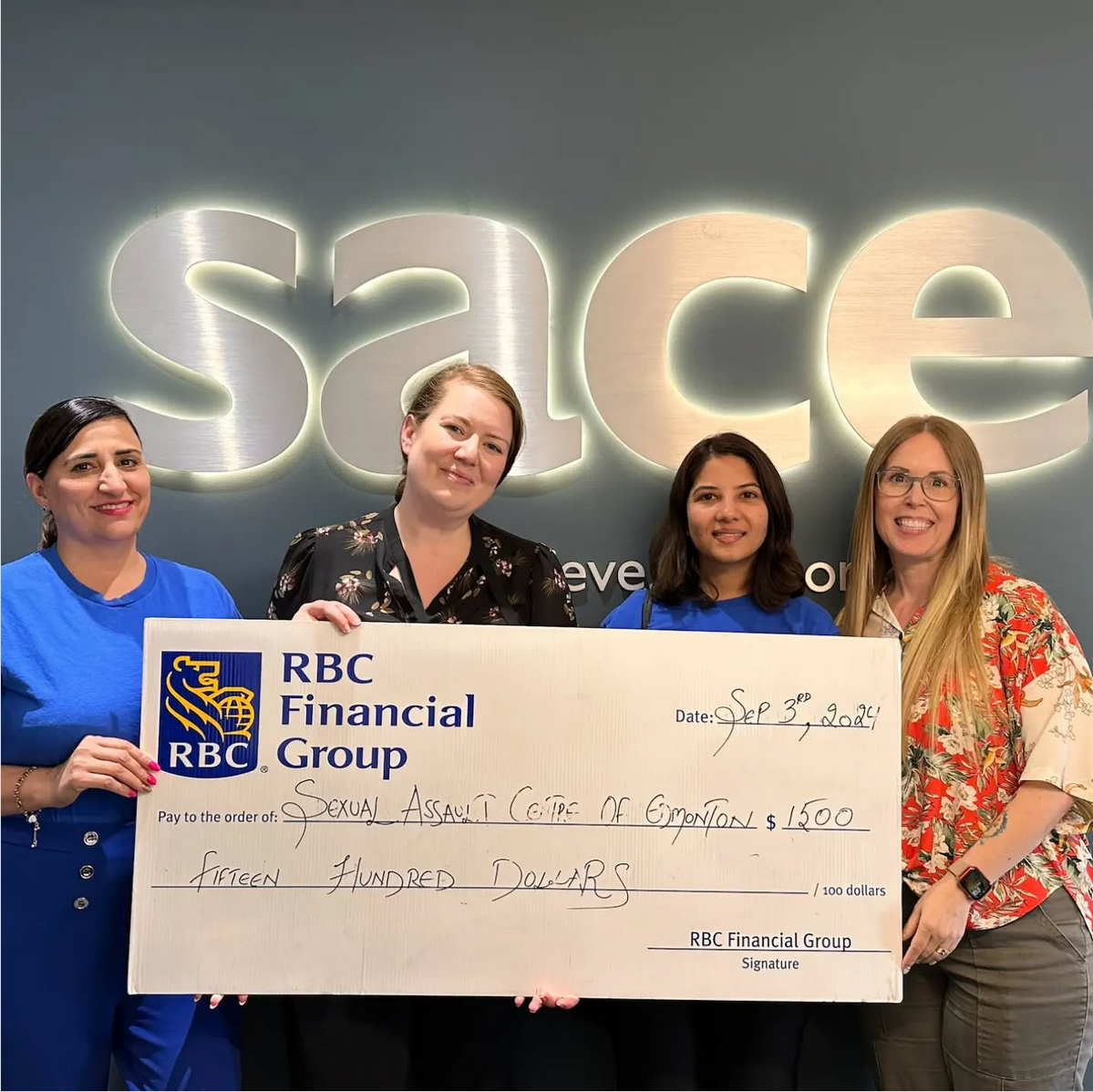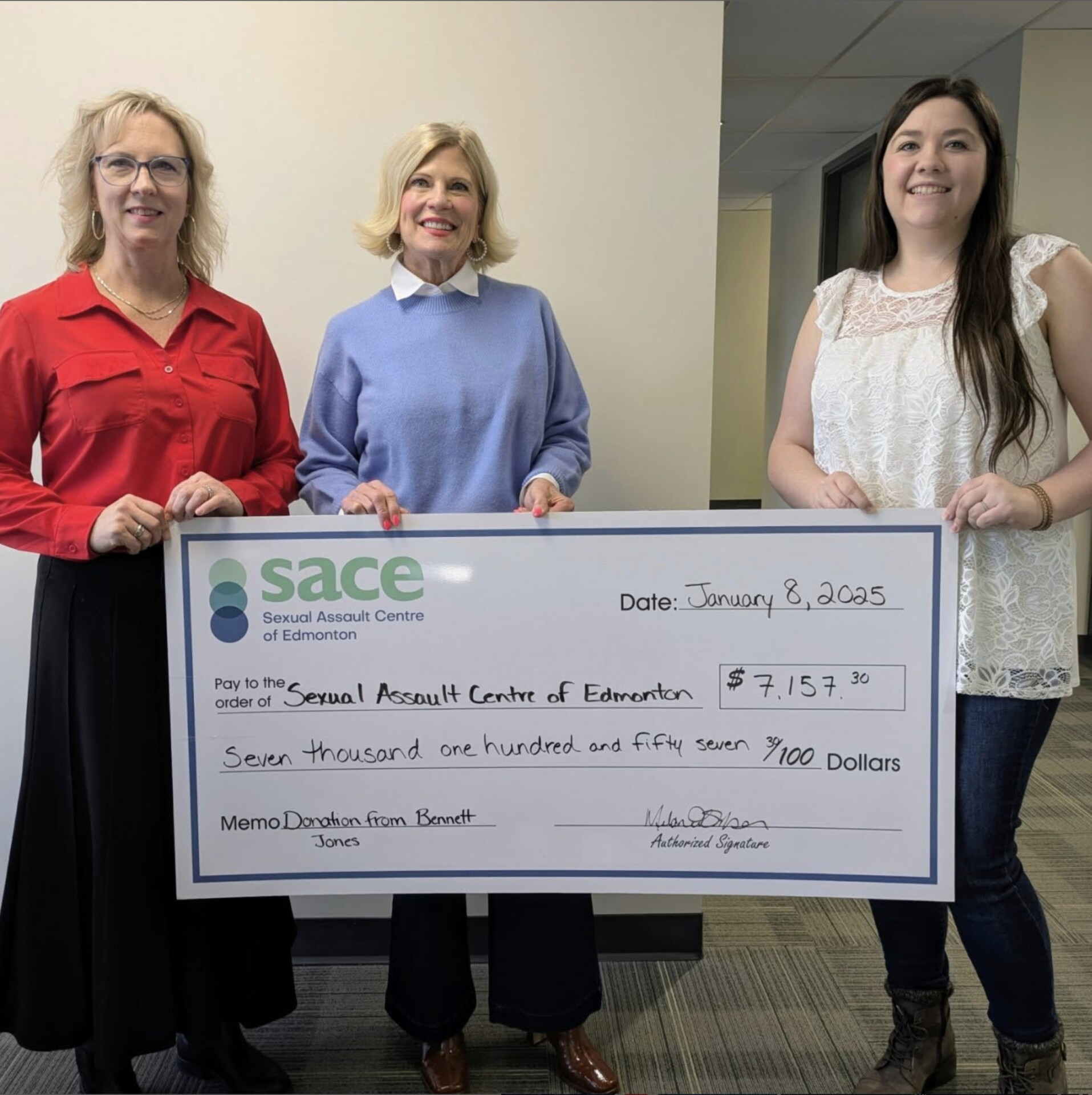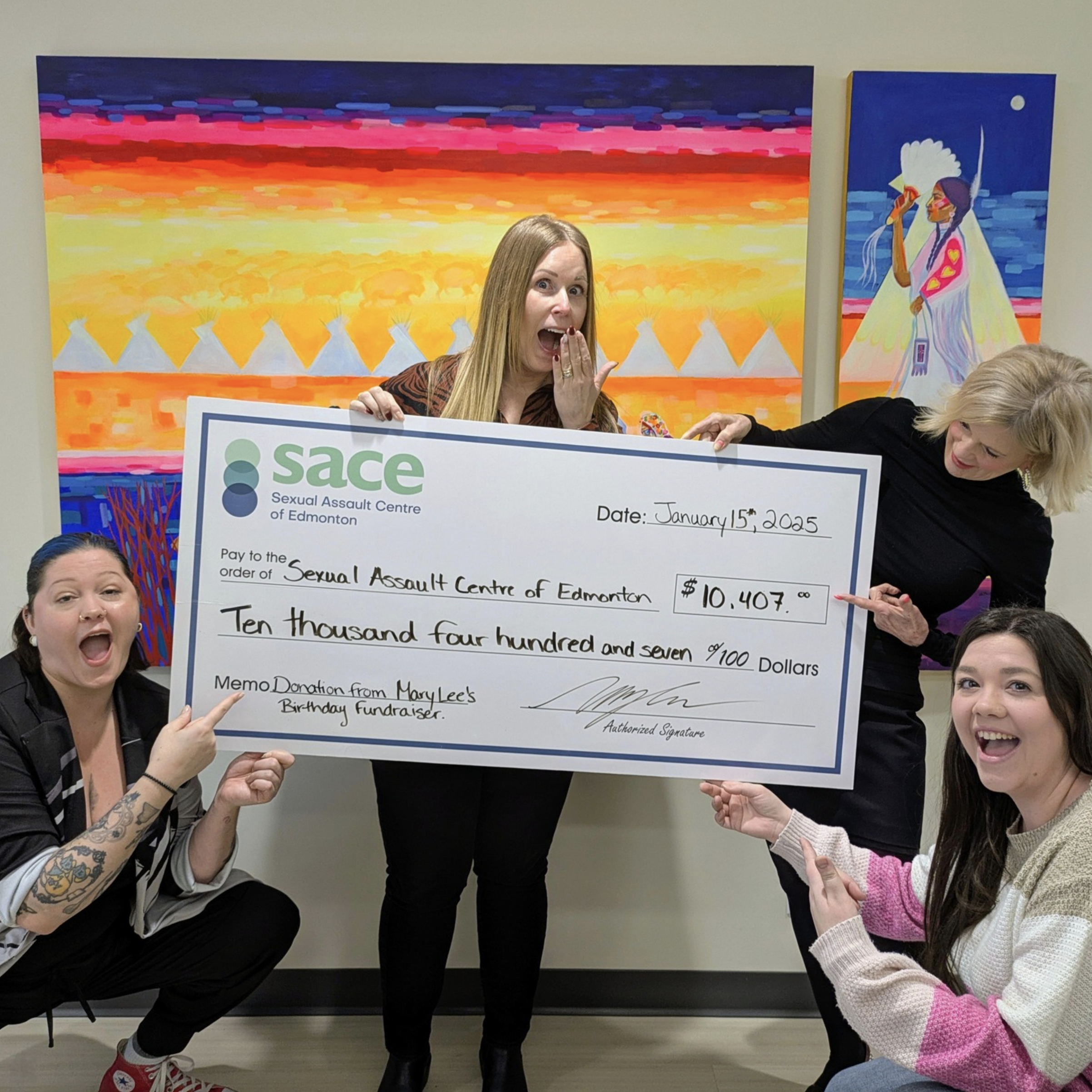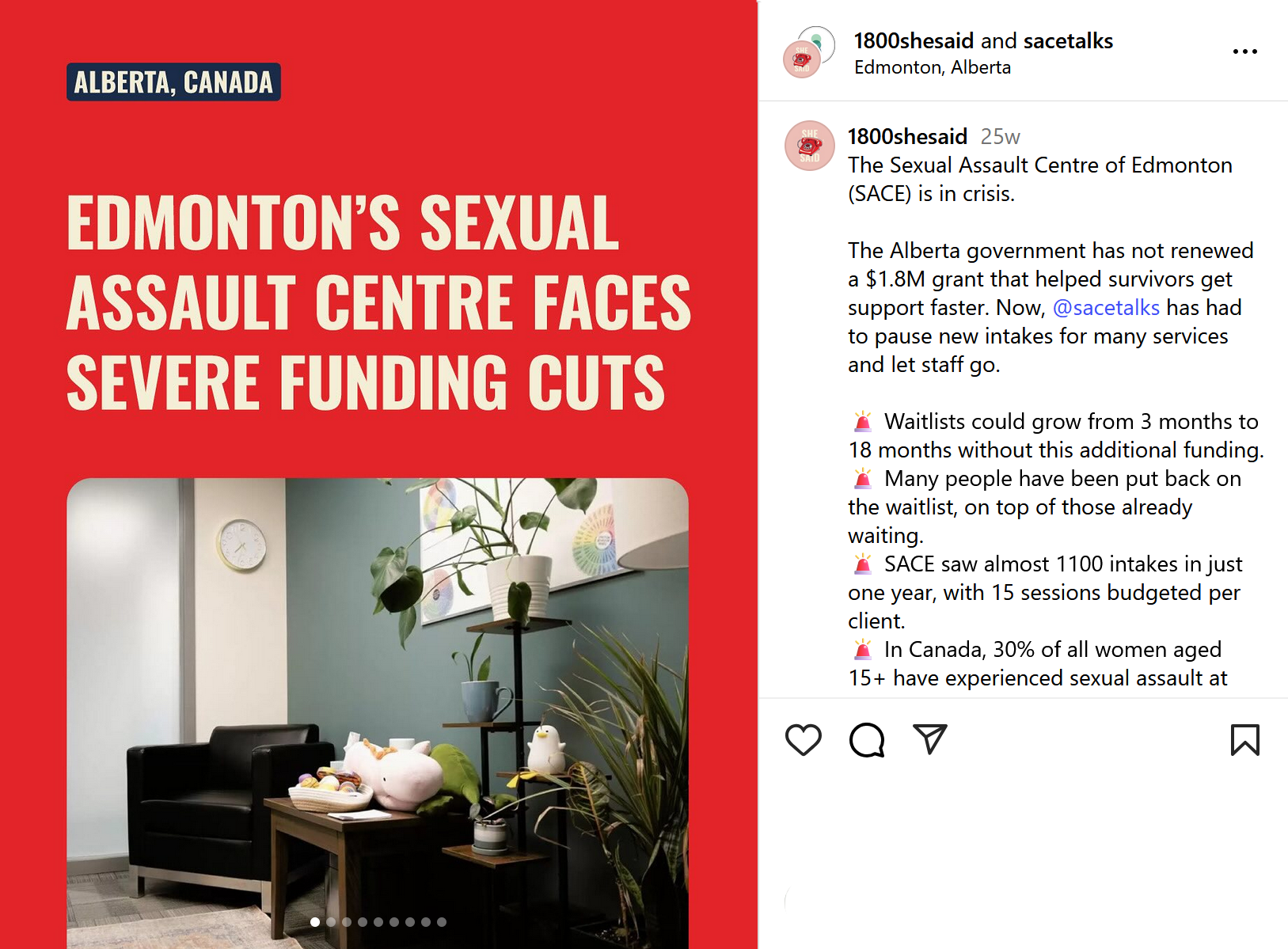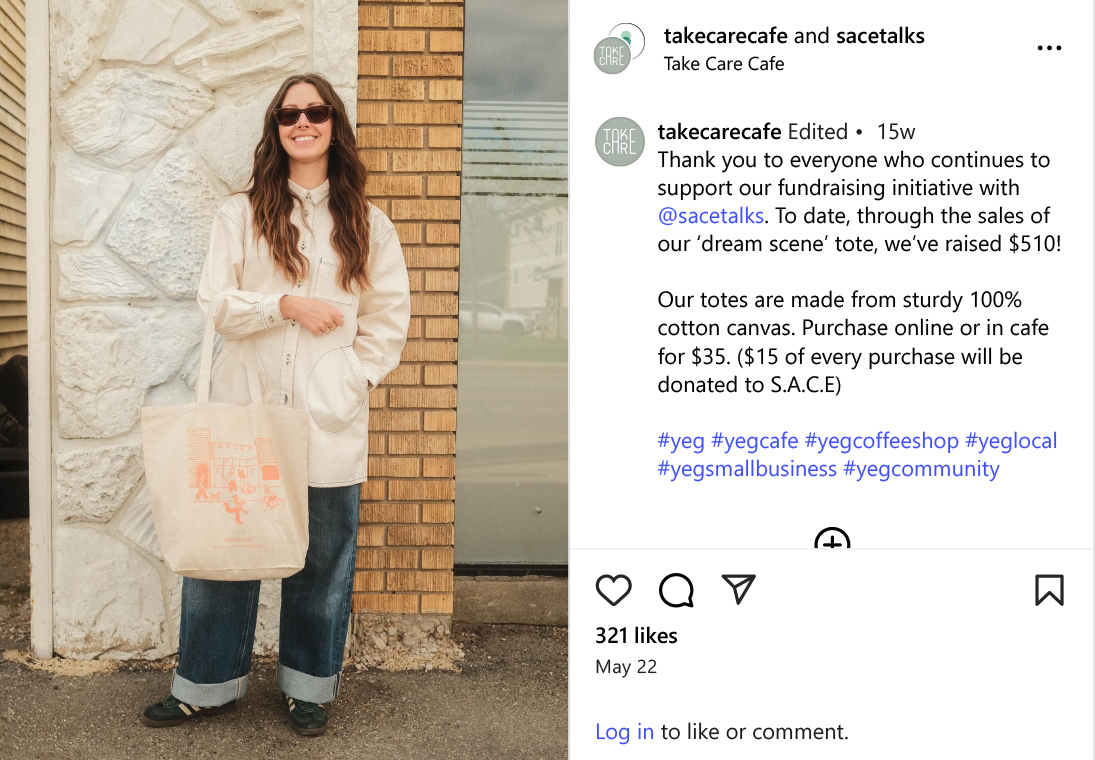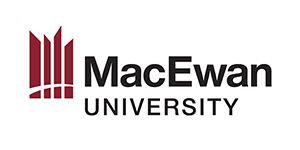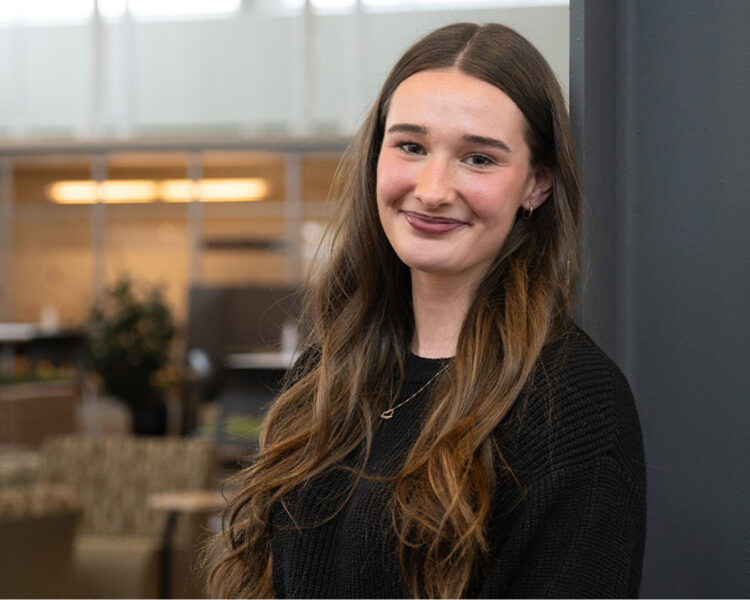How We're Making a Difference
At SACE, we’re focused on the impact we’re making on the lives of people who have experienced sexual violence, and on contributing to healthier communities.
This section of our 2024-2025 Annual Impact Report features highlights of how we’re making a difference, from professional, evidence-informed education and support to community development and engagement initiatives.
Professional, Evidence-Informed Services
Across Public Education programs:
Across Counselling programs:
Anti-Oppressive, Person-Centred Trauma Counselling
As a feminist, trauma-informed, and person-centered counselling program, anti-oppressive approaches are built into the framework of the counselling provided at SACE. All clinical team members participate in the regularly scheduled anti-oppressive practice consultation and attend all-staff professional development arranged by the Diversity & Inclusion Committees. Additionally, where applicable, clinical team members connect with Indigenous knowledge keepers to support Indigenous clients in tandem with provision of psychological services, and Indigenous knowledge keepers continue to provide feedback to the clinical program about integrating Indigenous ways of healing with psychological practice. Finally, many of our current counsellors, including our new adult counsellors, integrate narrative therapy into their clinical approach. Narrative therapy is a depathologizing and post-structural approach to counselling, and thereby emphasizes social location and anti-oppression when working with all clients.

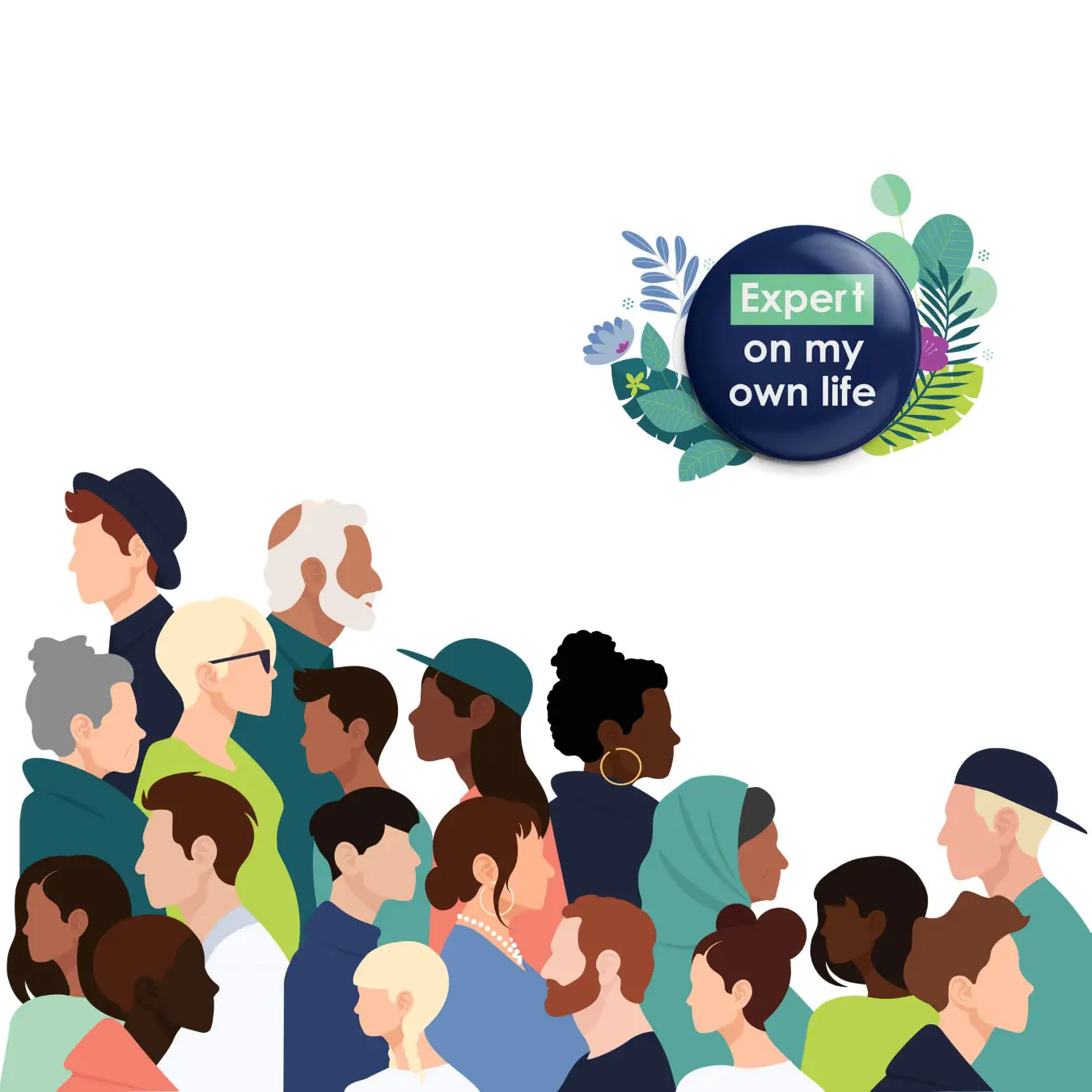
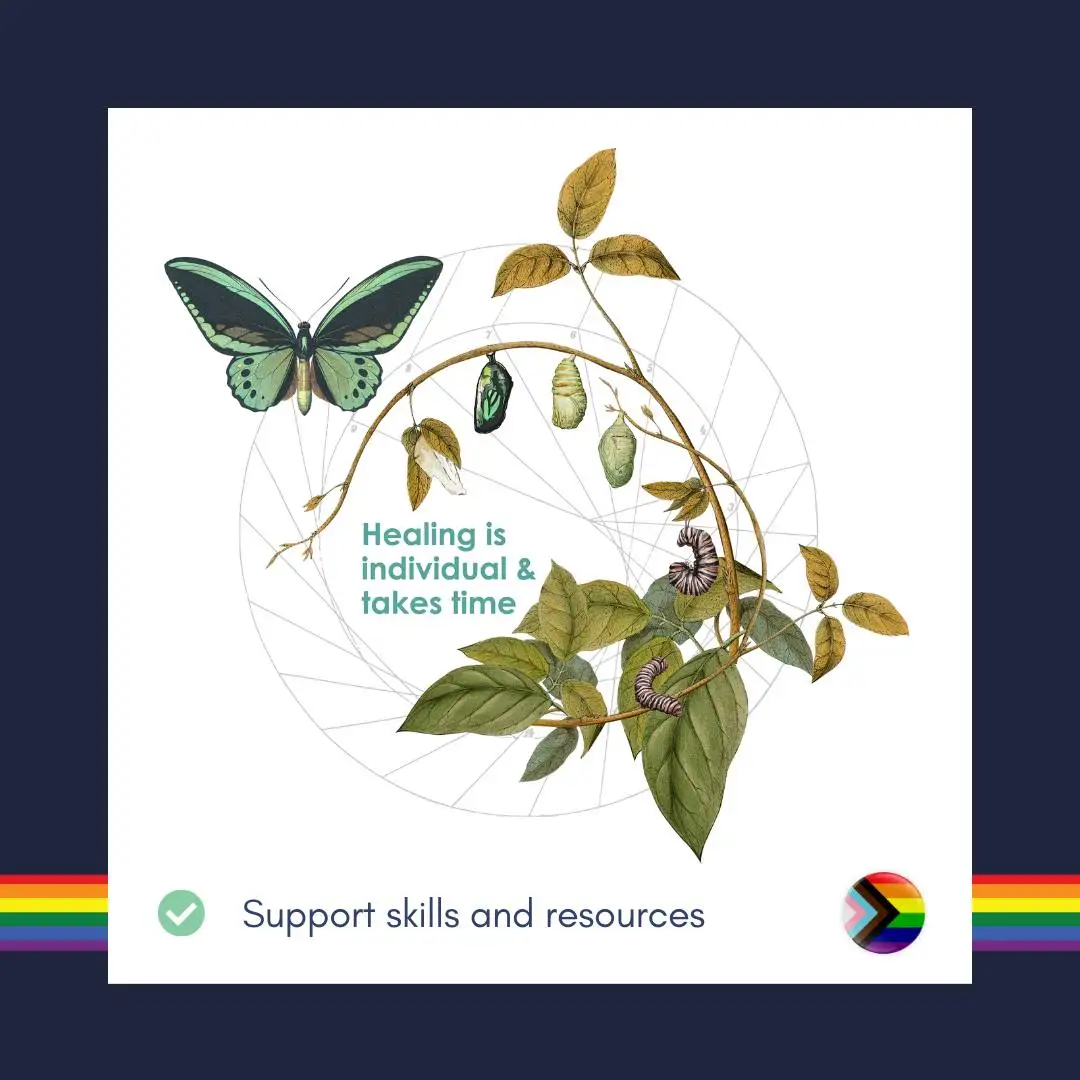
Program & Staff Development
Community and Agency Development (CAD) team members are highly involved in the development of new programs across the agency, through the development of evaluations plans, client/participant evaluations, branded resources and materials, and the creation of a communications plan for sharing new programming across our website and social media platforms. This ensures rigorous and consistent program development and evaluation, while supporting program staff capacity. Evidence-informed, professional offerings ranging from new groups, to presentations, standalone resources and more are also supported by the CAD team, who coordinate content development and design, production, and promotion.
Every year, SACE staff are supported in their ongoing learning and development through professional development opportunities. Some highlights of our learnings that supported effective, inclusive, evidence-informed service delivery this year:
- Tailored training with a SART nurse for both the Community Engagement and Clinical departments, covering exams, third option, and more.
- College of Alberta Psychologists Professional Conduct Presentation: Navigating ethics and professional conduct matters in psychological practice.
- All-staff training on gender affirming care in Alberta, and Skipping Stone Clinical-Focused Foundational Education – Building Trans Affirming Spaces trainings.
- Anti-Oppression Peer Learning led by Community Engagement staff, focused on anti-oppressive learning opportunities and strategies to reframe our perspectives and better integrate these practices into our community work.
- Disability with VAD: Presentation from individuals with lived experience regarding intersectionality of disability and considerations for clinical work.
- An all-staff training from SAGE Seniors Association on supporting older adults.
- Immersive cultural learning opportunities, including queer community events, Ribbon Skirt Workshop, Moccasin Workshop, Swing Session, Medicine picking, Riverwalk, and a multicultural potluck.
Improving Outcomes
Tailored solutions to support professionals across a range of sectors in their efforts to address sexual violence.
Institutional Support participants shared:
"Education on sexual violence and consent is essential for the well-being of my students/participants"
Supporting our city with the tools to address sexual violence where sexual violence happens
In collaboration with the City of Edmonton, the IS team has consulted with members of Terwillegar Recreation Centre social workers and City of Edmonton employees to determine an appropriate response to the high rates of sexual violence within recreation centres in Edmonton. Over the course of three months, we collaborated with City of Edmonton staff to create tailored content and finalized a “Pilot Program” on Supportive Responses to Sexual Violence, including some information on bystander intervention, for the entire staff at Terwillegar Recreation Centre. Each session was incredibly successful as we have continued to receive positive feedback from all session participants and our primary booking contacts. The IS team met with the City of Edmonton in late November, after the sessions finished, to analyze the success of the pilot program and determine the next steps. The City of Edmonton and the IS team share the goal of expanding this training to all City of Edmonton recreation centres in 2025.
Our counselling practicum program has far-reaching impact
Ensuring that each year, counselling students are given hands-on learning opportunities for providing trauma-focused counselling services. This program is sustained by the relationships that have been built between the Clinical Program at SACE and each post-secondary university. It is a mark of mutual trust whenever a student is supported by their university to complete a placement at SACE.
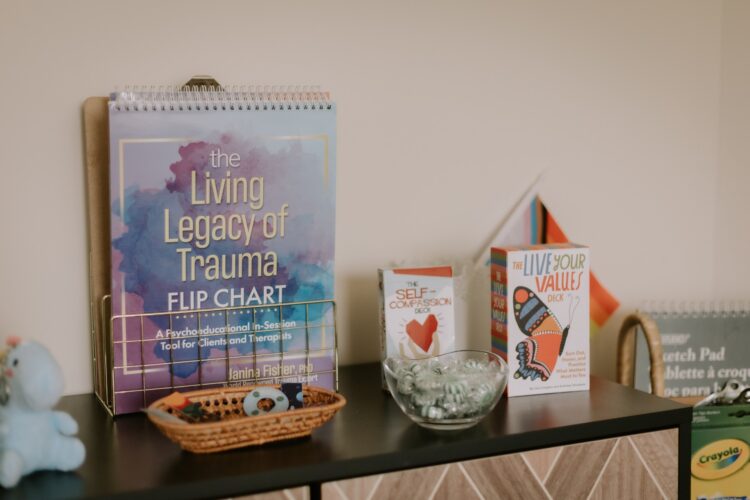
Education Impact Highlight:An Empathy Framework for Consent
As an organization built on a mandate to provide comprehensive support for survivors of sexual violence, our Public Education (PE) program is essential to achieving this mandate. We support and honour survivors through innovative, proactive social change work by providing Edmontonians with the necessary skills, knowledge, and reflective learning opportunities to understand their role in preventing sexual violence and extending care to those impacted.
Central to this work is the concept of consent – a concept that has become mainstream in recent years. We find that education participants typically recognize consent as a key principle for healthy and respectful relationships, however, some participants voice that they find consent too awkward and rigid to integrate into their practices. In this light, consent is seen as transactional – a list of boxes to check to get what you want without causing harm. That approach to consent can absolutely prevent sexual violence, but it has limited potential to foster healthy relationships or intimacy.
At SACE, our public education prompts participants to view consent through an emotional intelligence framework instead. Within this framework, participants are encouraged to practice consent by attuning to and investing in their partners’ experience and wellbeing.
Teaching consent through the practice of empathy also invites participants to extend their practice beyond relationships, and to apply principles of consent, respect, and mutuality in all aspects of life. Paired with concrete and foundational information on the legal standards of consent and sexual assault, this empathy framework for consent also serves to deepen participant understandings of their rights and responsibilities in all relationships – it seeks to advance sexual violence prevention models by shifting the mindset of “how do I get what I want?” to “how can I be accountable to others & create positive experiences for everyone involved?”
The success of this work is demonstrated through the positive feedback and gratitude that participants, teachers, and administrators share with our educators. For example, participants thanked educators for not only providing a space to talk about this consent, but doing so in a way that adequately addresses the inherently intersectional nature of sexual violence:
“I wanted to take a moment to sincerely thank you for taking the time to present to our class. Your presentation on sexual violence was incredibly impactful, and we deeply appreciate the way you approached the topic through an anti-oppressive lens. It’s always a privilege to hear from community members who are doing such important and inspiring work. Your passion and dedication were truly appreciated, and I know the students and I found it valuable.”
Additionally, students expressed admiration for SACE educators’ ability to cultivate safe spaces for students to “share and be vulnerable” and engage with the material through clear and informative statistics, definitions, examples, and activities. Many students also shared that the appreciated that they were able to “ask questions without shame.” This feedback speaks directly to the dedication of PE educators and their ability to efficiently develop rapport with participants within short time frames.
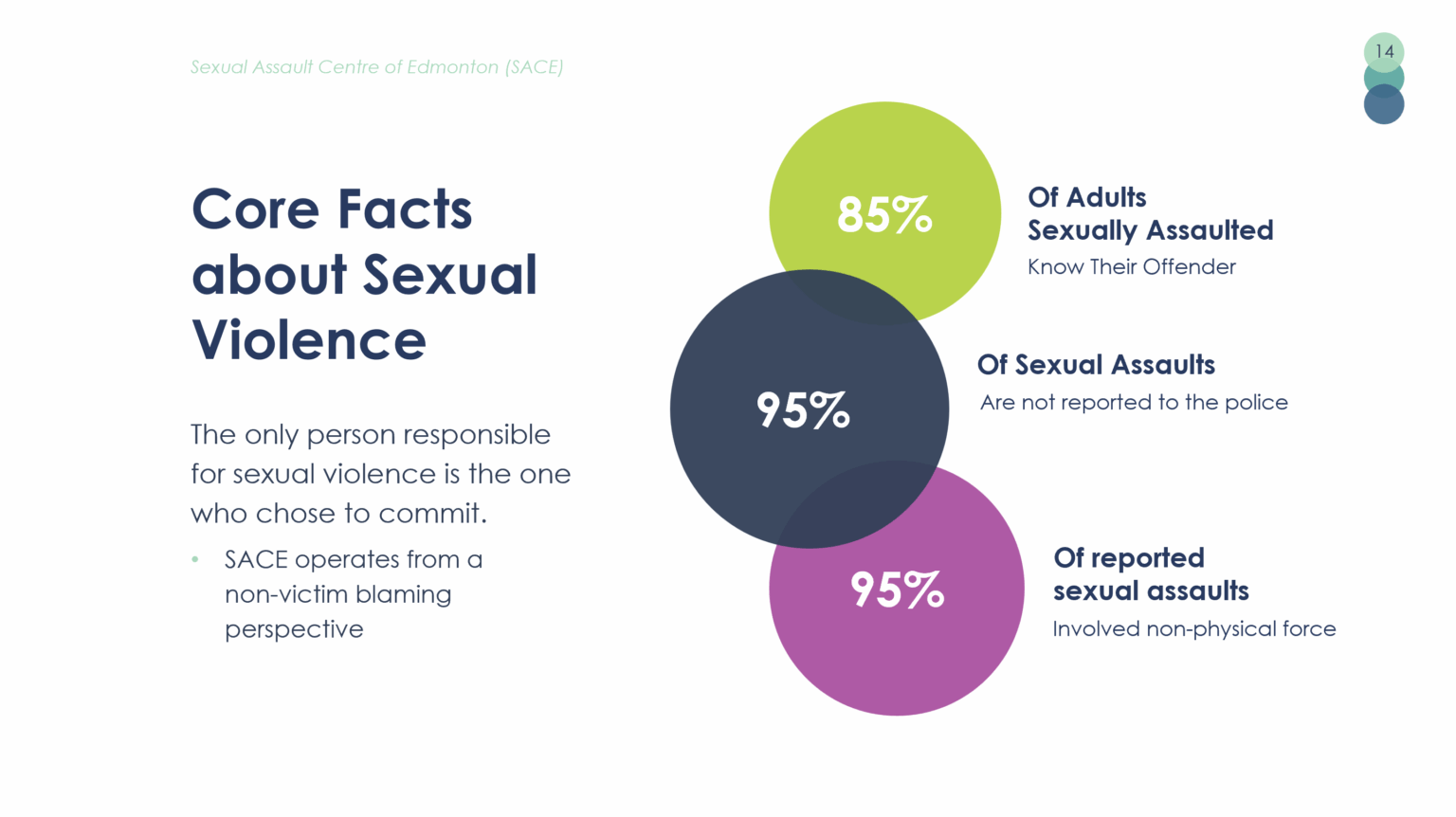
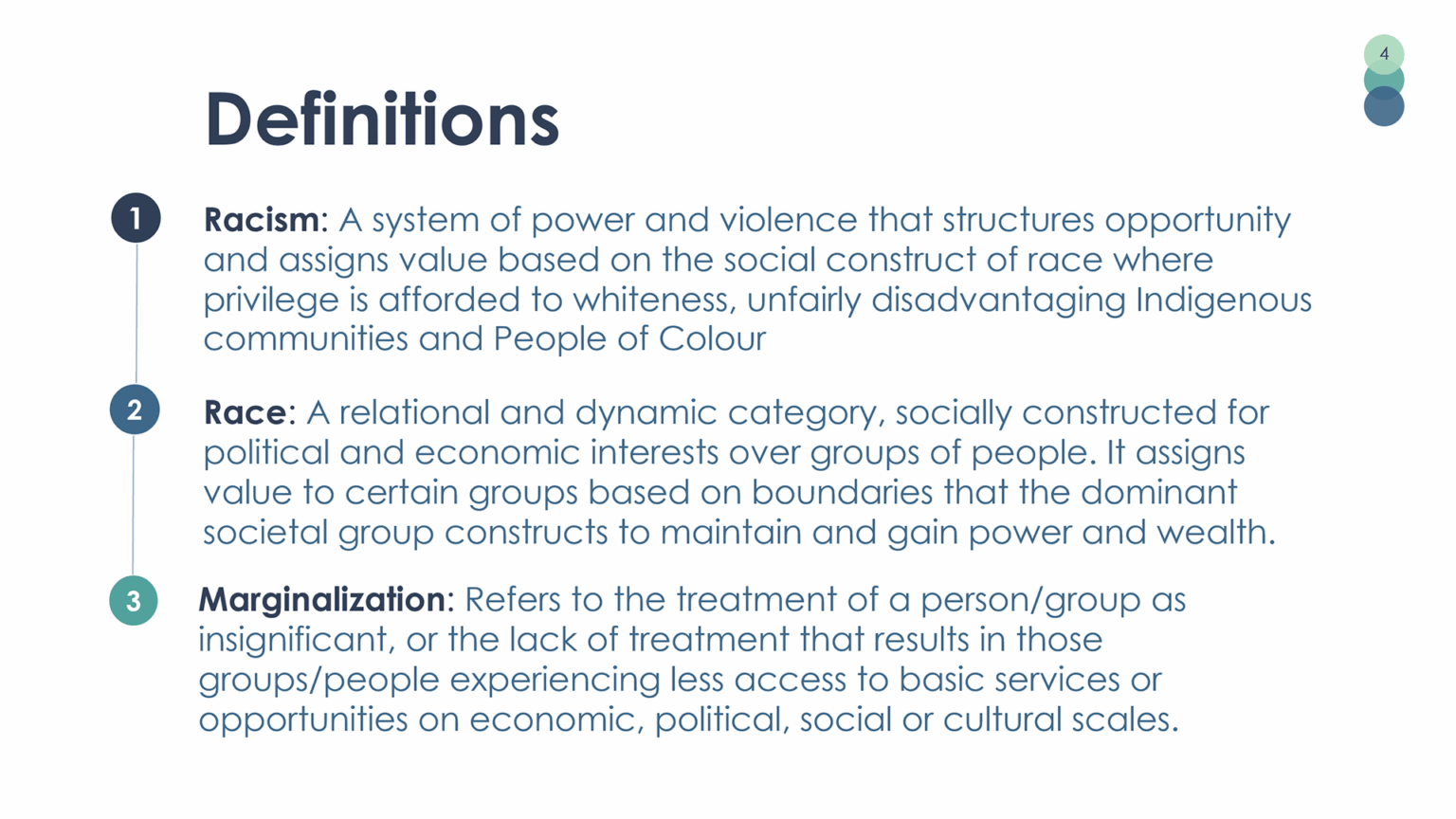
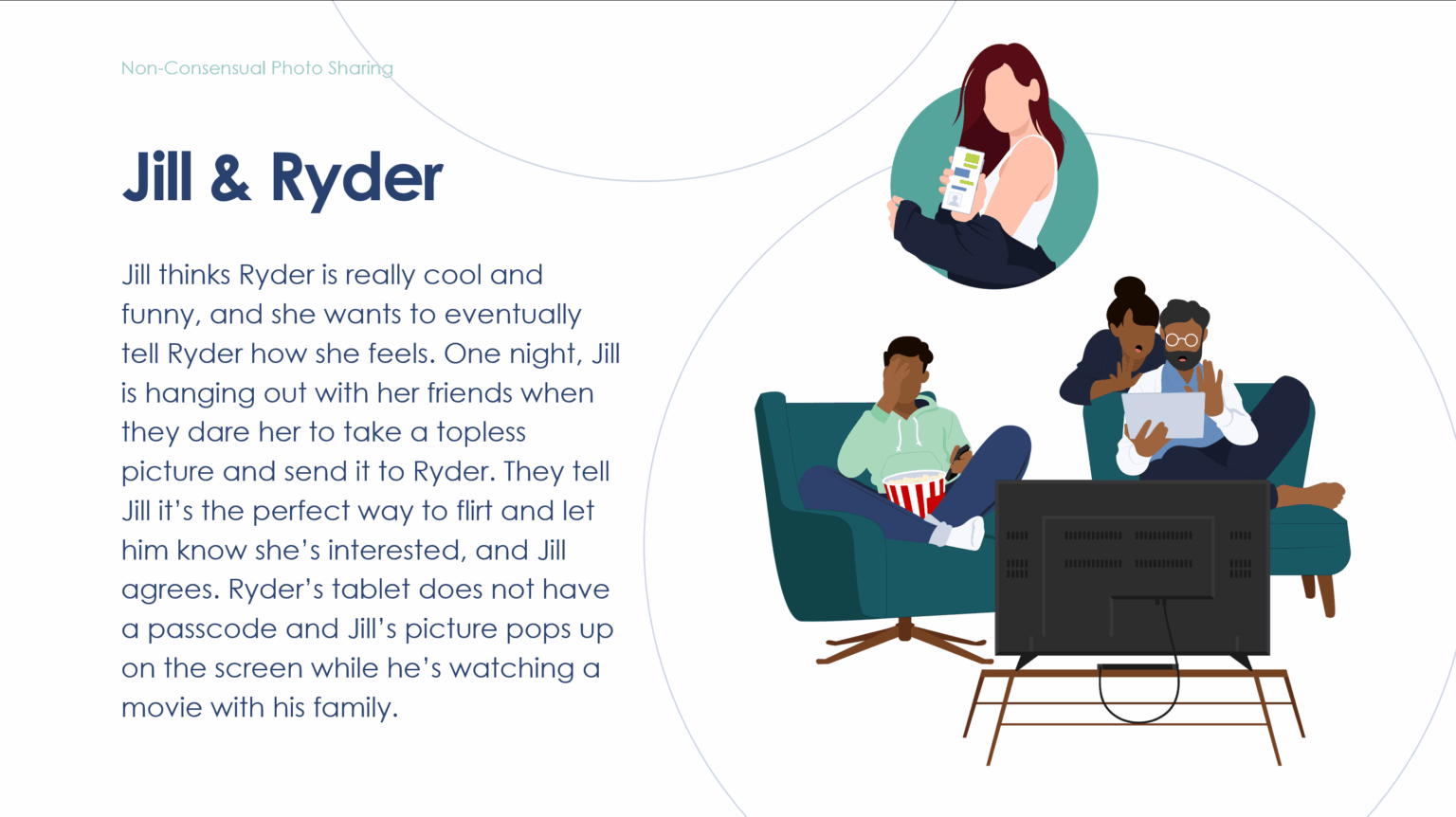
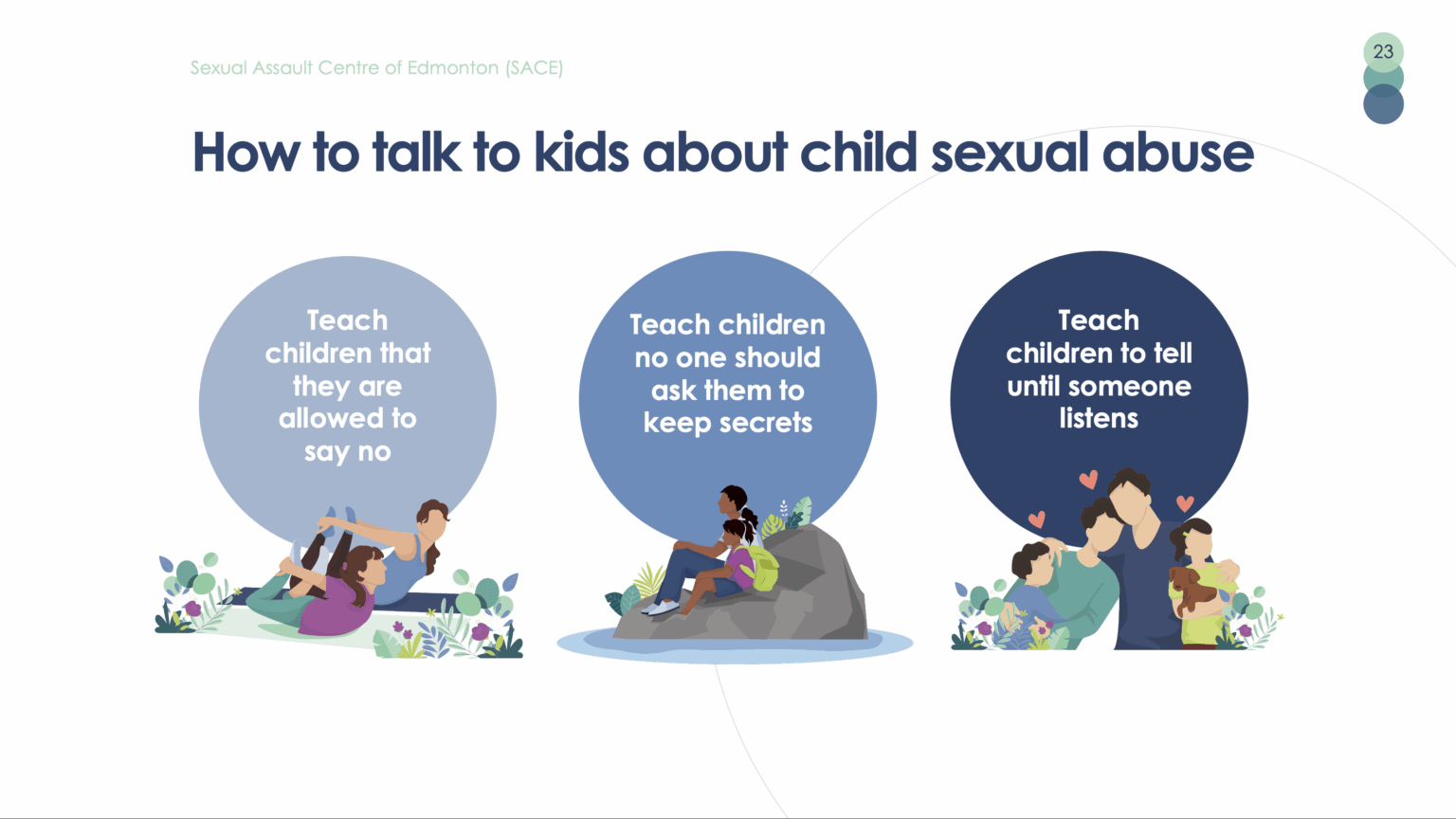
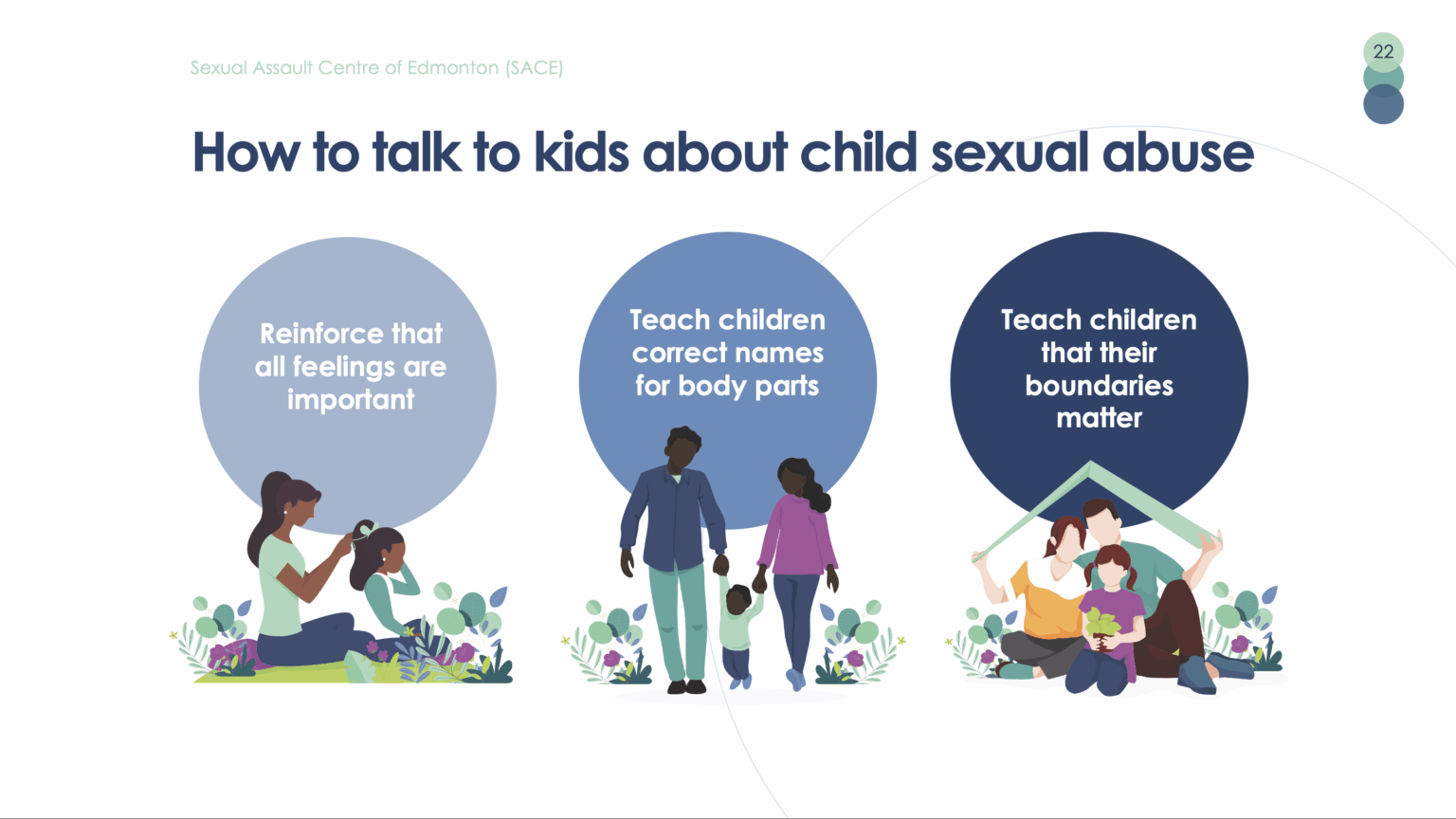
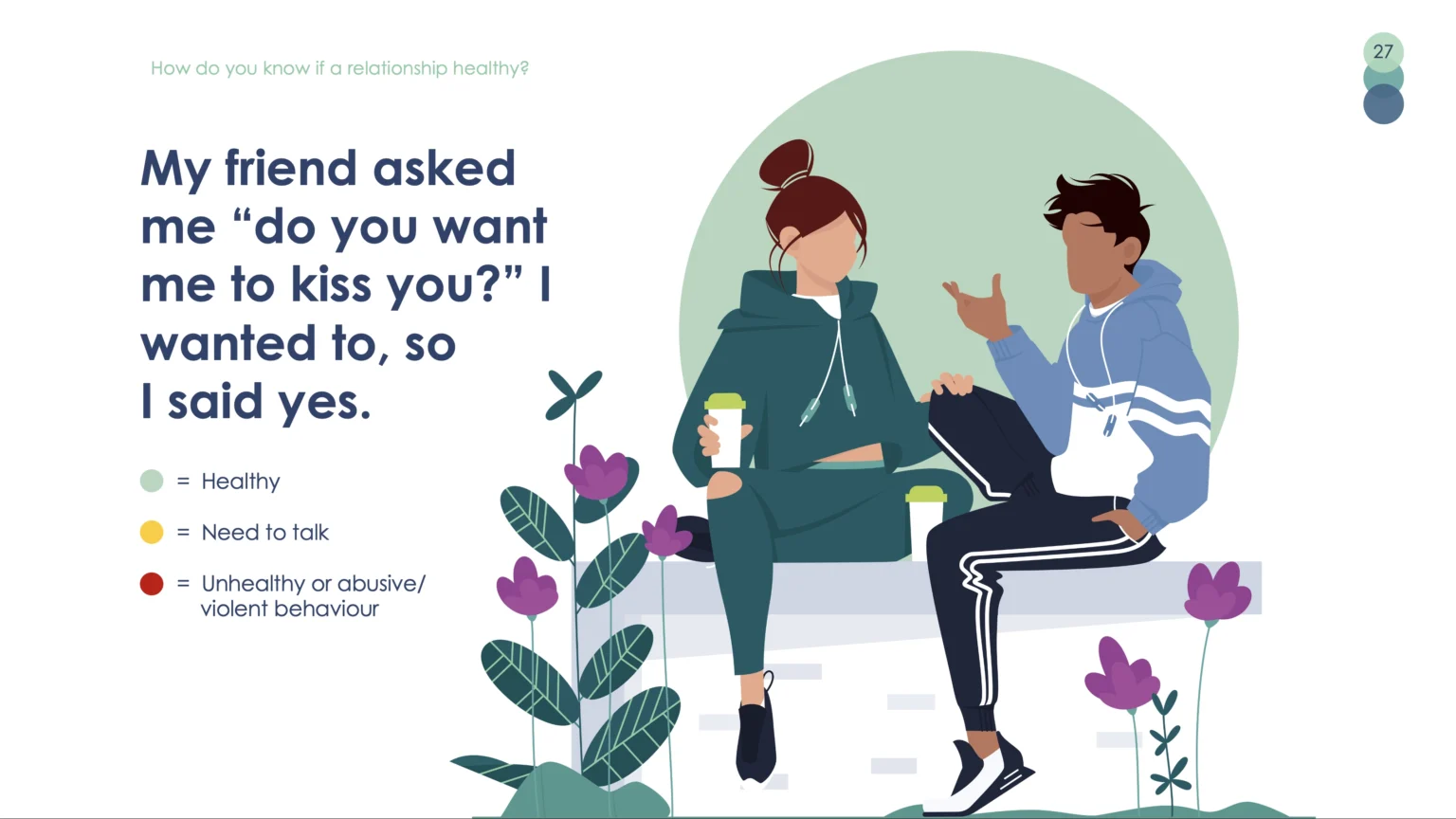
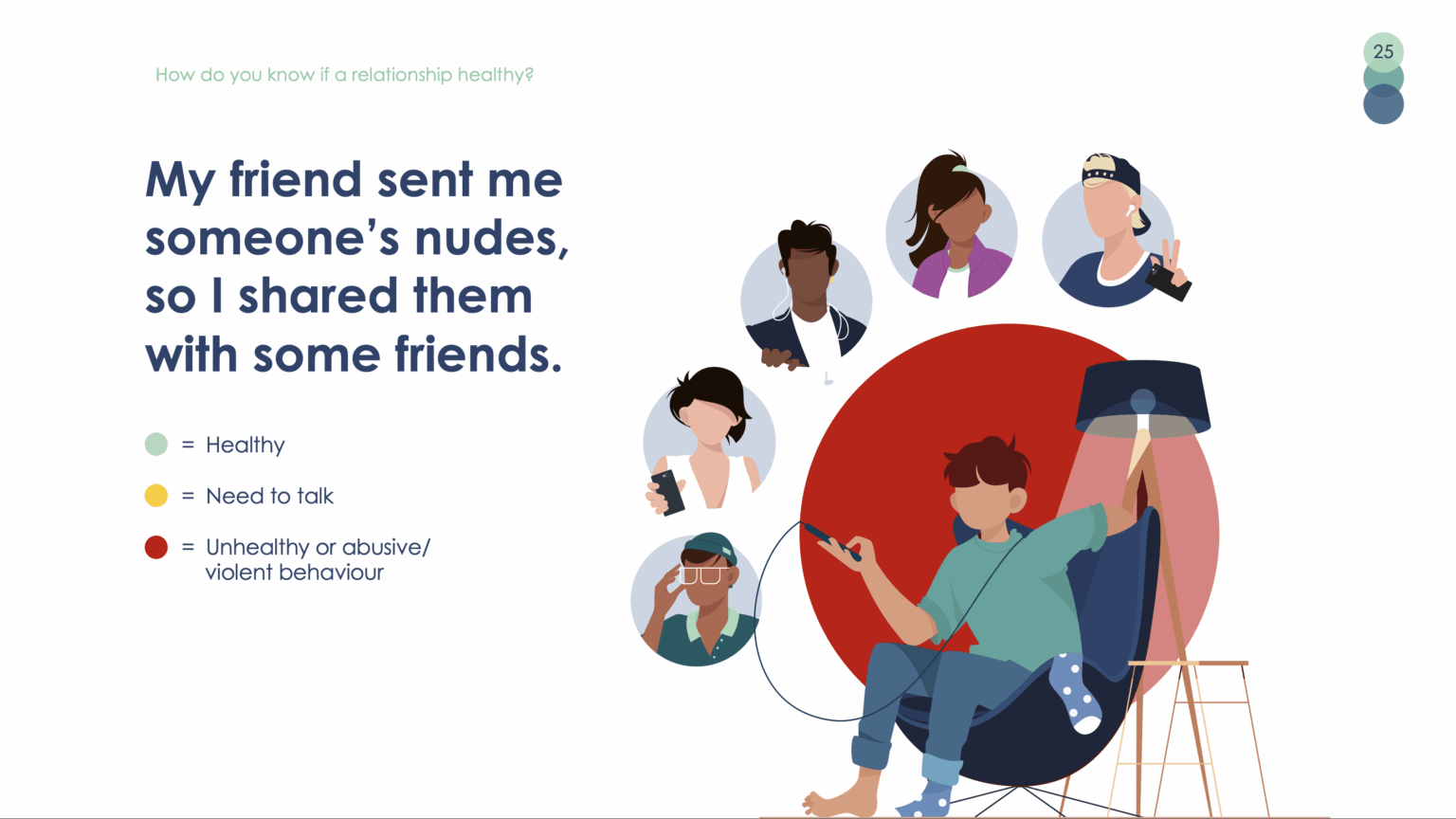
Cultivating Anti-Violence Allies & Leadership
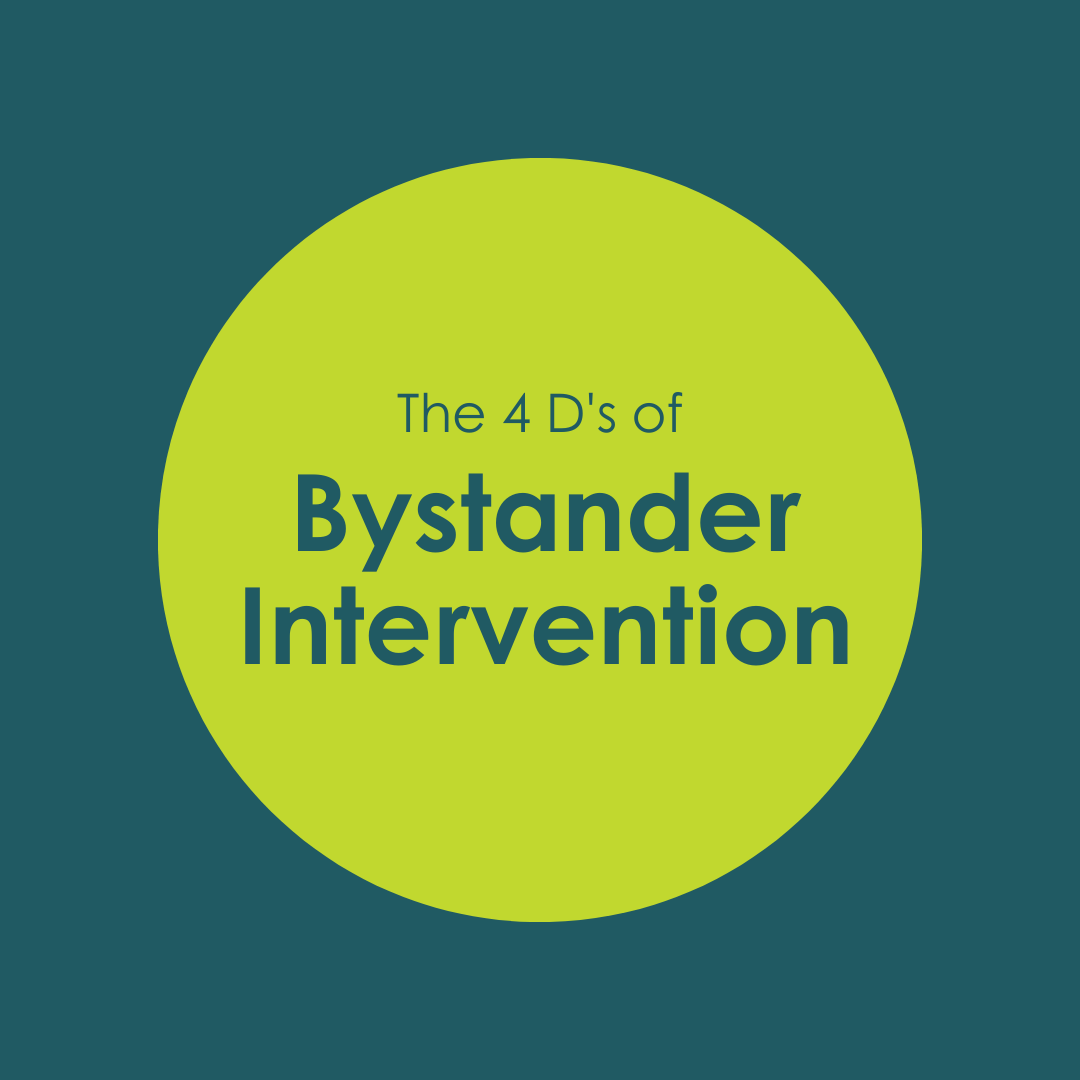
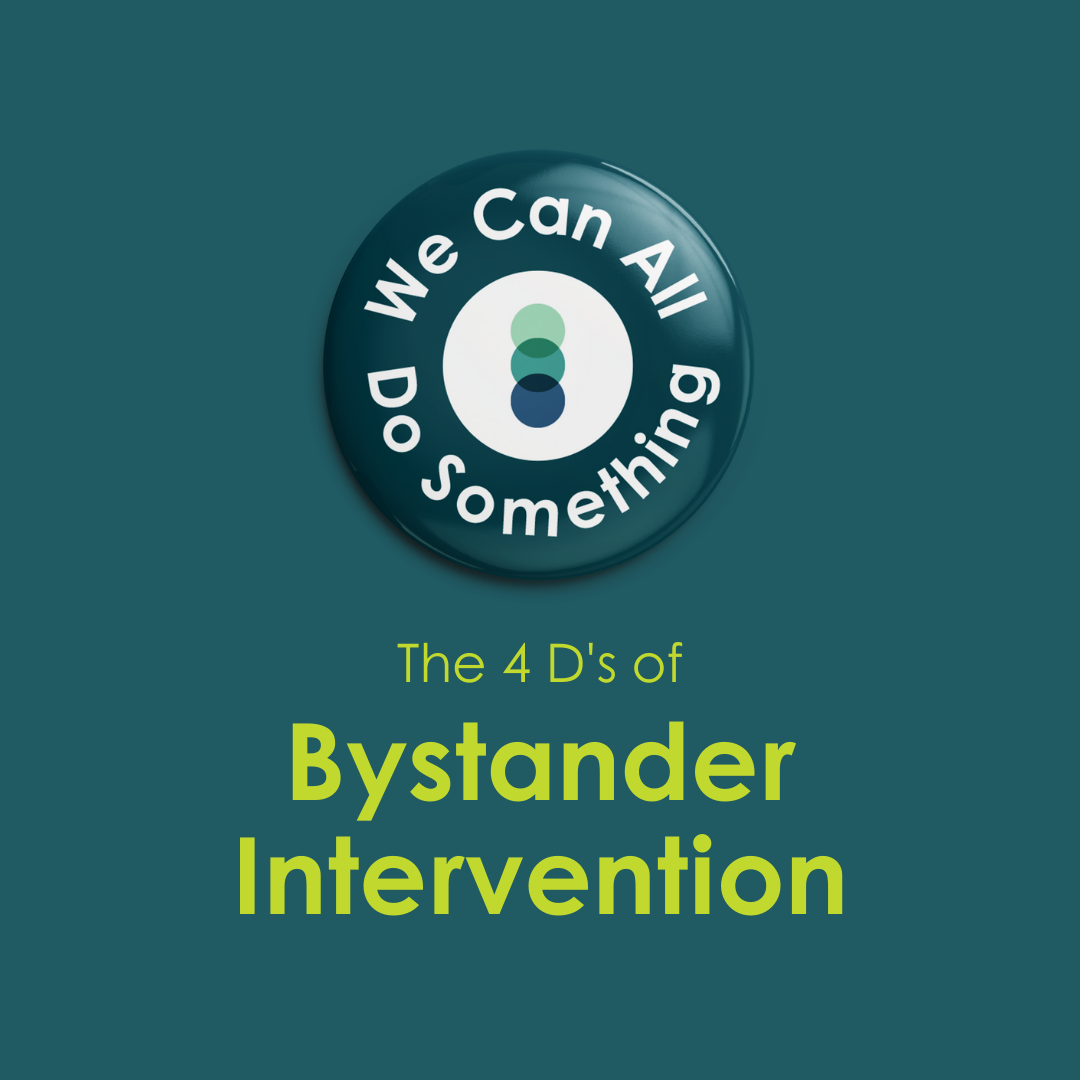
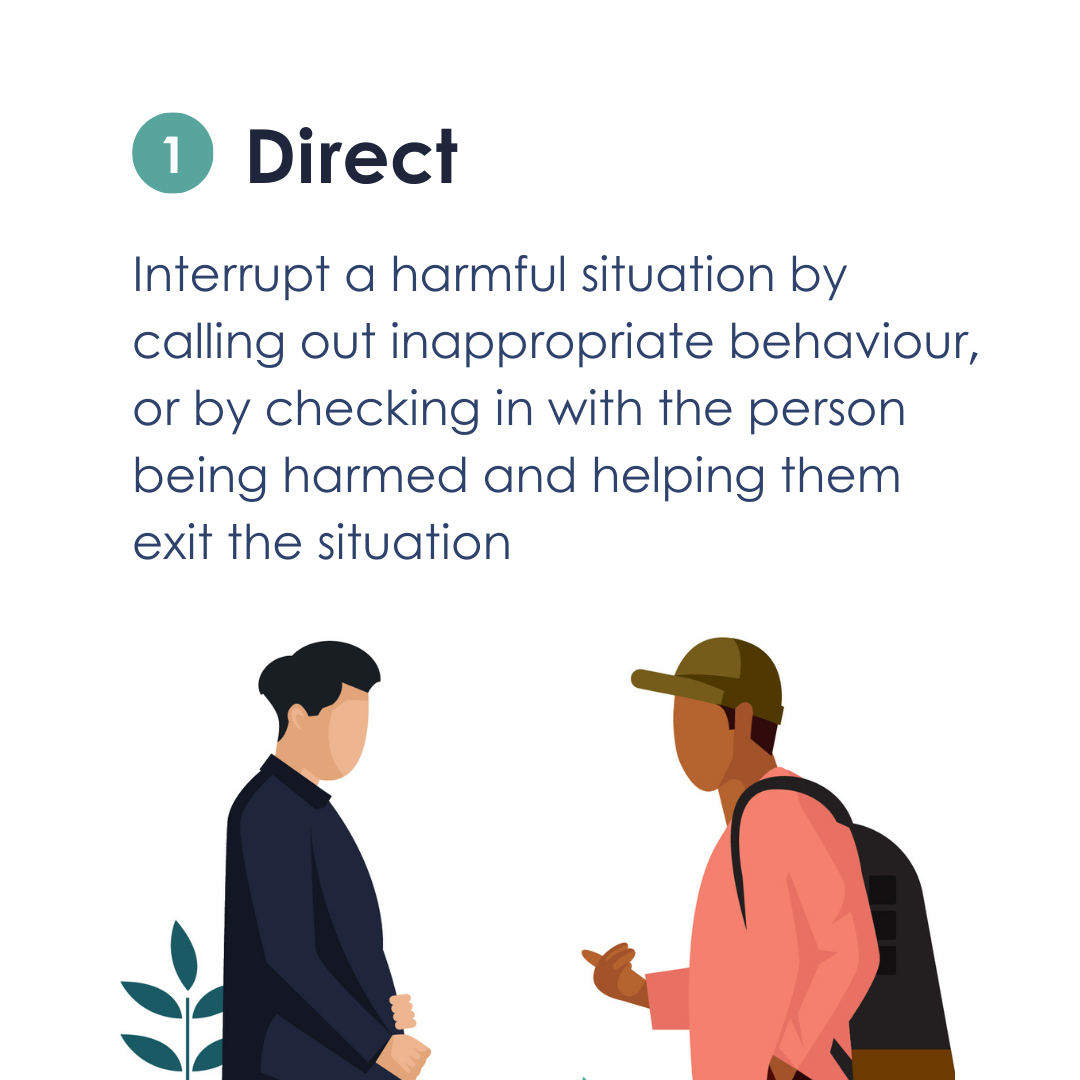
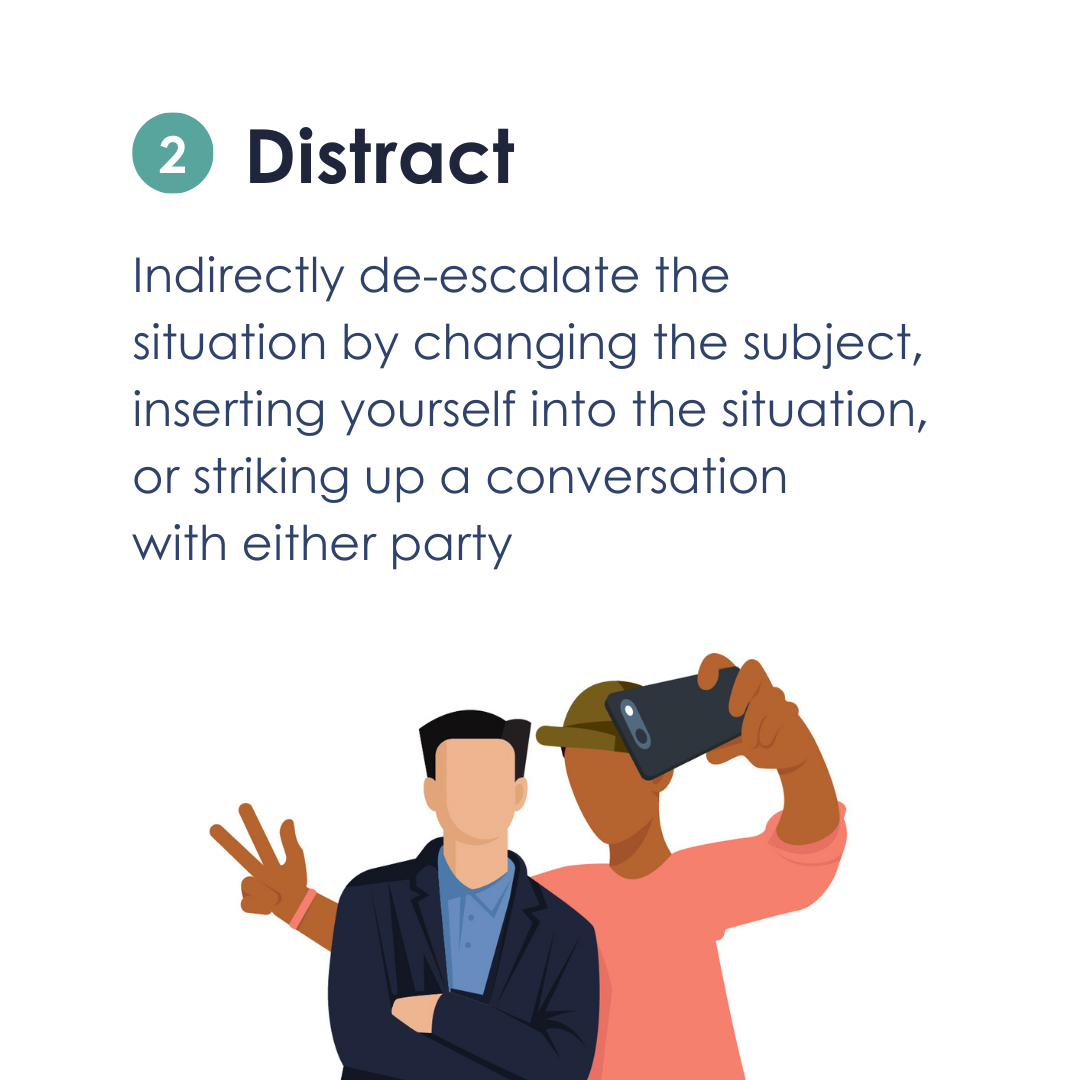
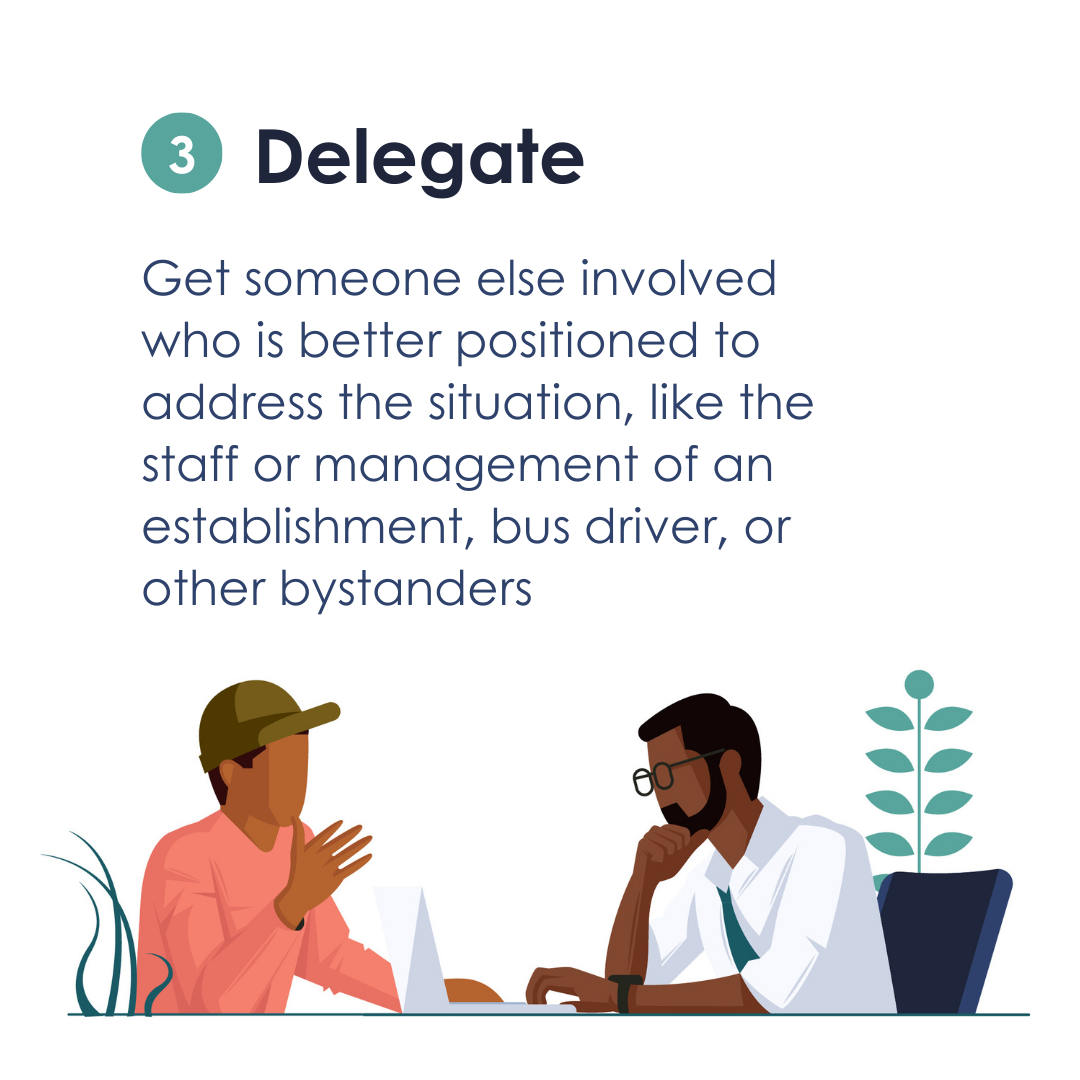
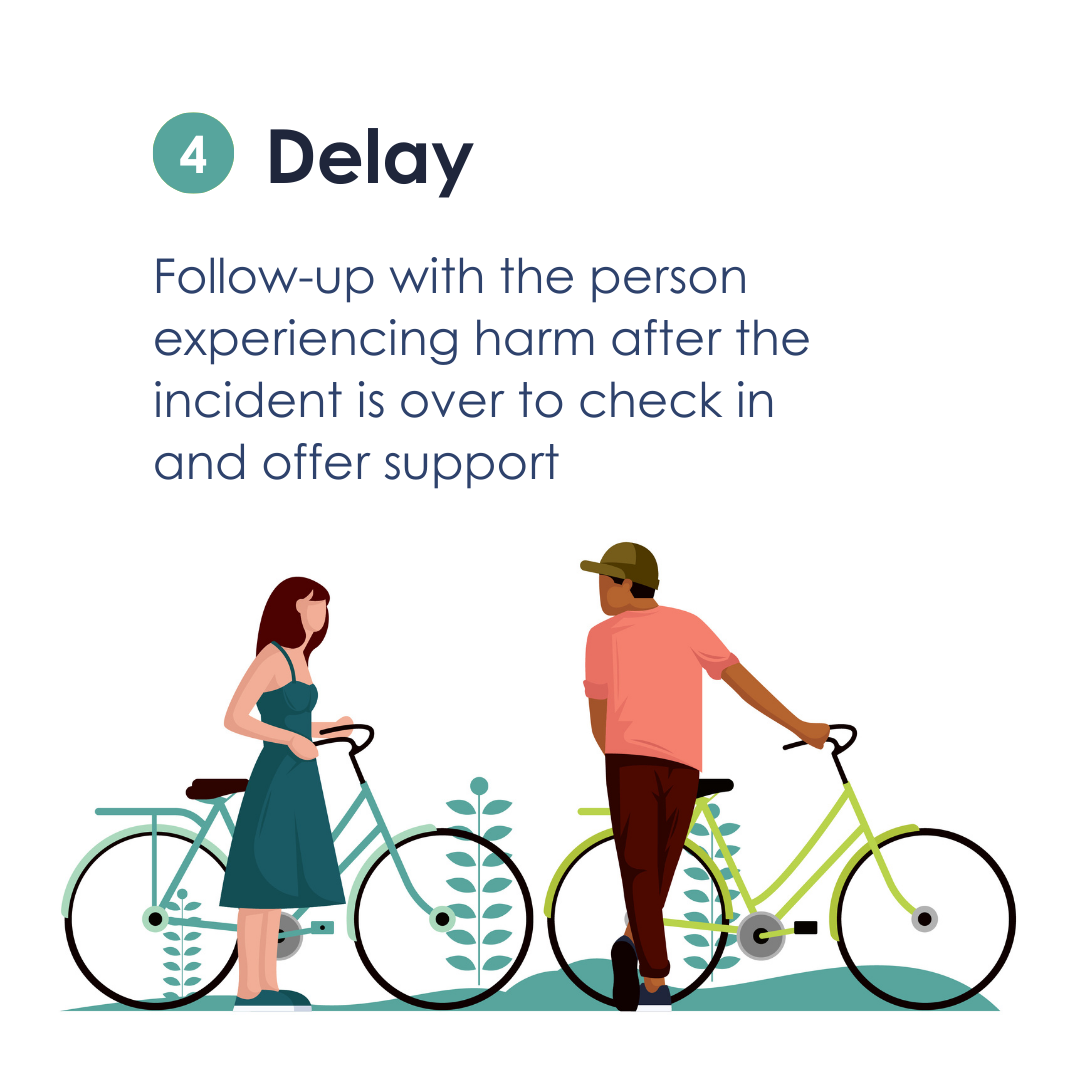
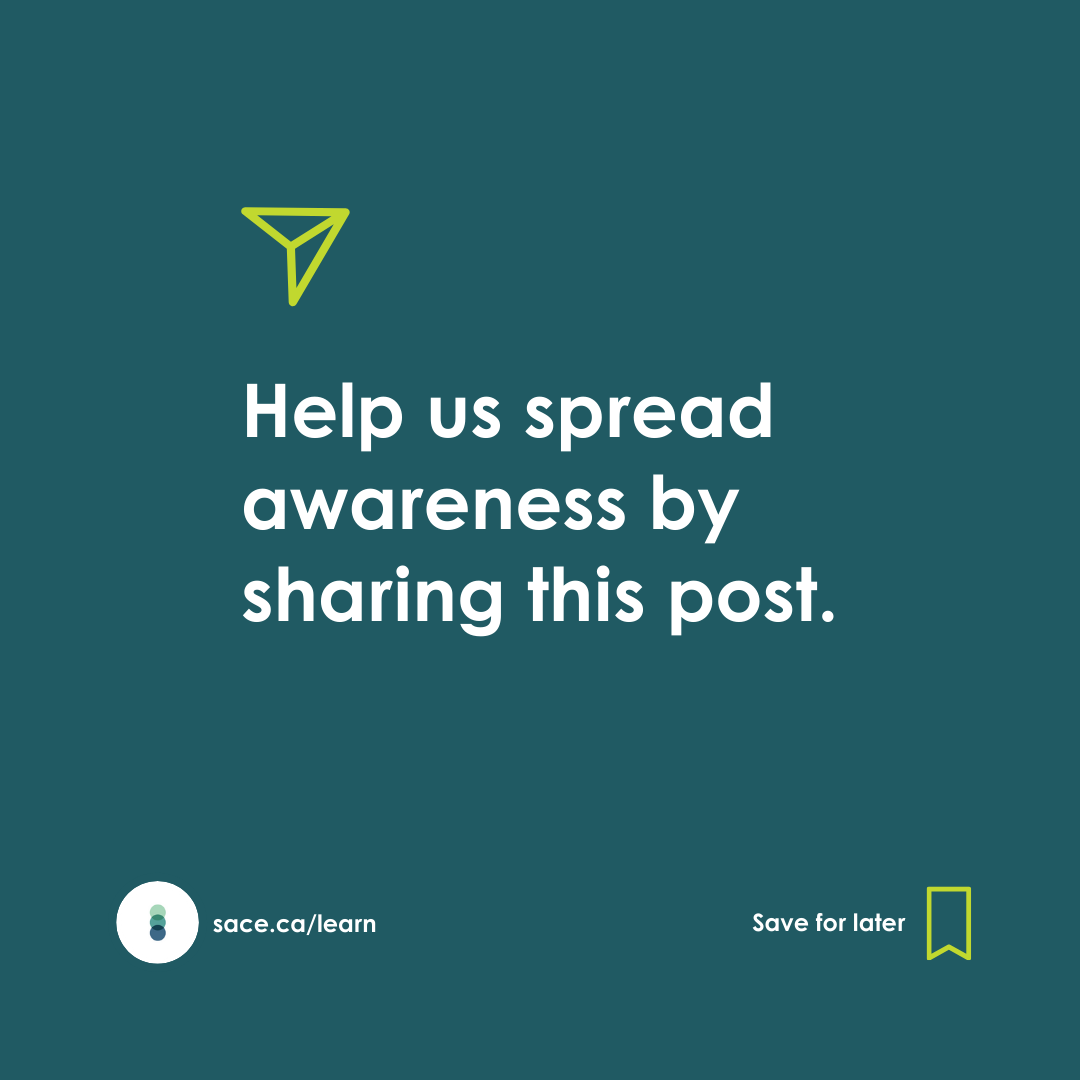
How You Are Making aDifference
SACE is supported by an incredible network of stakeholders and community members committed to addressing sexual violence. Without the contributions of our staff, volunteers, board members, community partners, funders, donors, and so many caring Edmontonians, we simply could not do the work that we do.
Learning how to take action
Providing support
Supporting SACE
This year, organizations and community members showed up for SACE in a big way. When the news came out about the funding cuts from the Government of Alberta, our agency was overwhelmed by the response from our community through all communications channels, including social media, phone calls, donations, and media requests. We received hundreds of comments and messages on our social media posts about the funding cuts from people who expressed dismay about the news and wanted to help, a 600% increase in engagement on Instagram, and calls flooded in from community members expressing concern over the impact that these funding cuts would have on their loved ones, their neighbours, and the vulnerable populations who require our life-saving services.
What began as a $15,000 donation from Sherwood Buick GMC quickly snowballed into a generous outpouring from Waterloo Ford, Freedom Ford, Rally Subaru, Subaru City, Toyota Northwest, and Sherwood Park Toyota. Together, these CanadaOne Auto dealerships donated an incredible $85,000 to SACE on behalf of the Pat and Diana Priestner Family.
Local advocacy group “SHE SAID” reached out to collaborate with SACE on an awareness post about our funding cuts and demand on services, community members wrote letters, and businesses and individuals made donations and threw fundraisers on our behalf. We could not be more grateful for the support of our community.
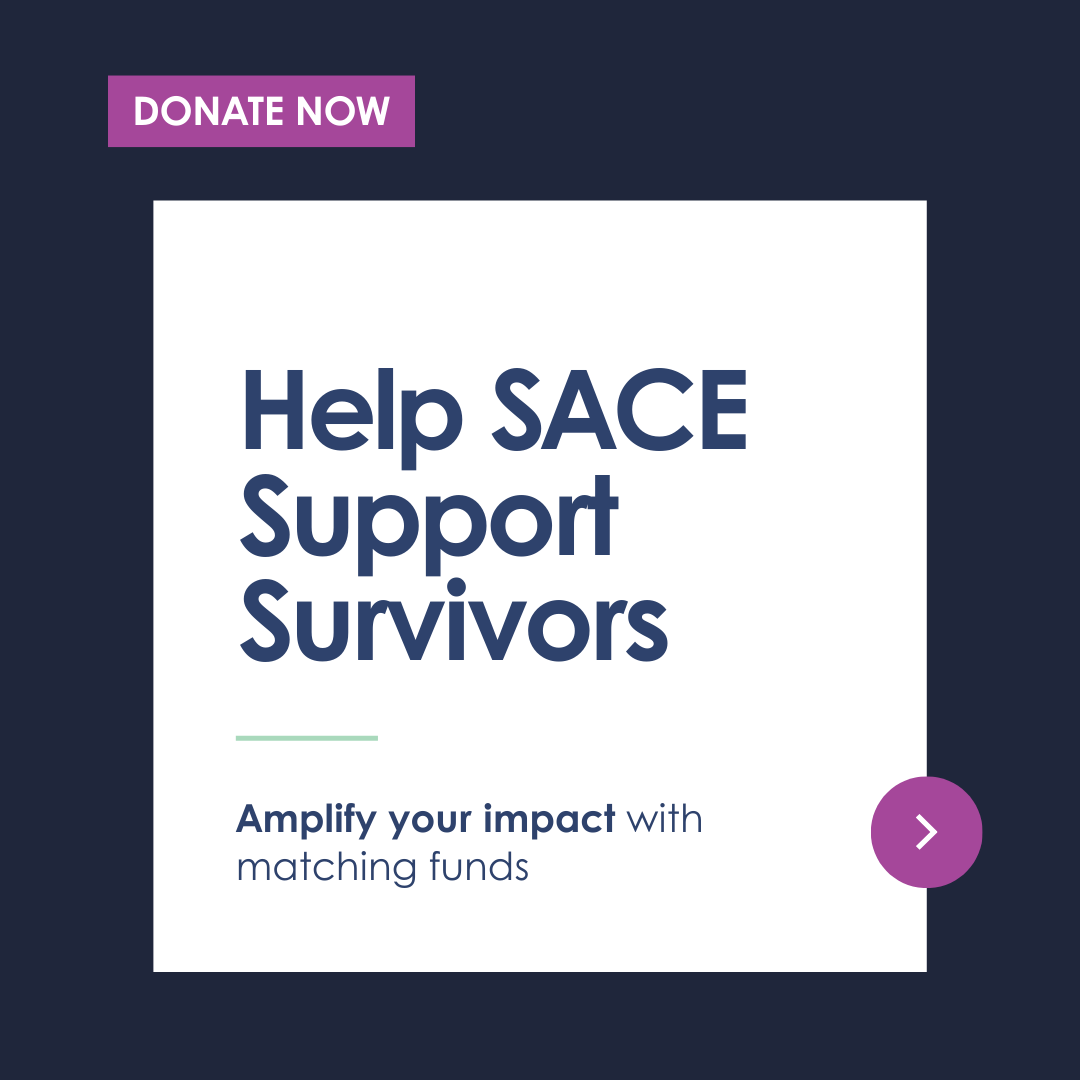
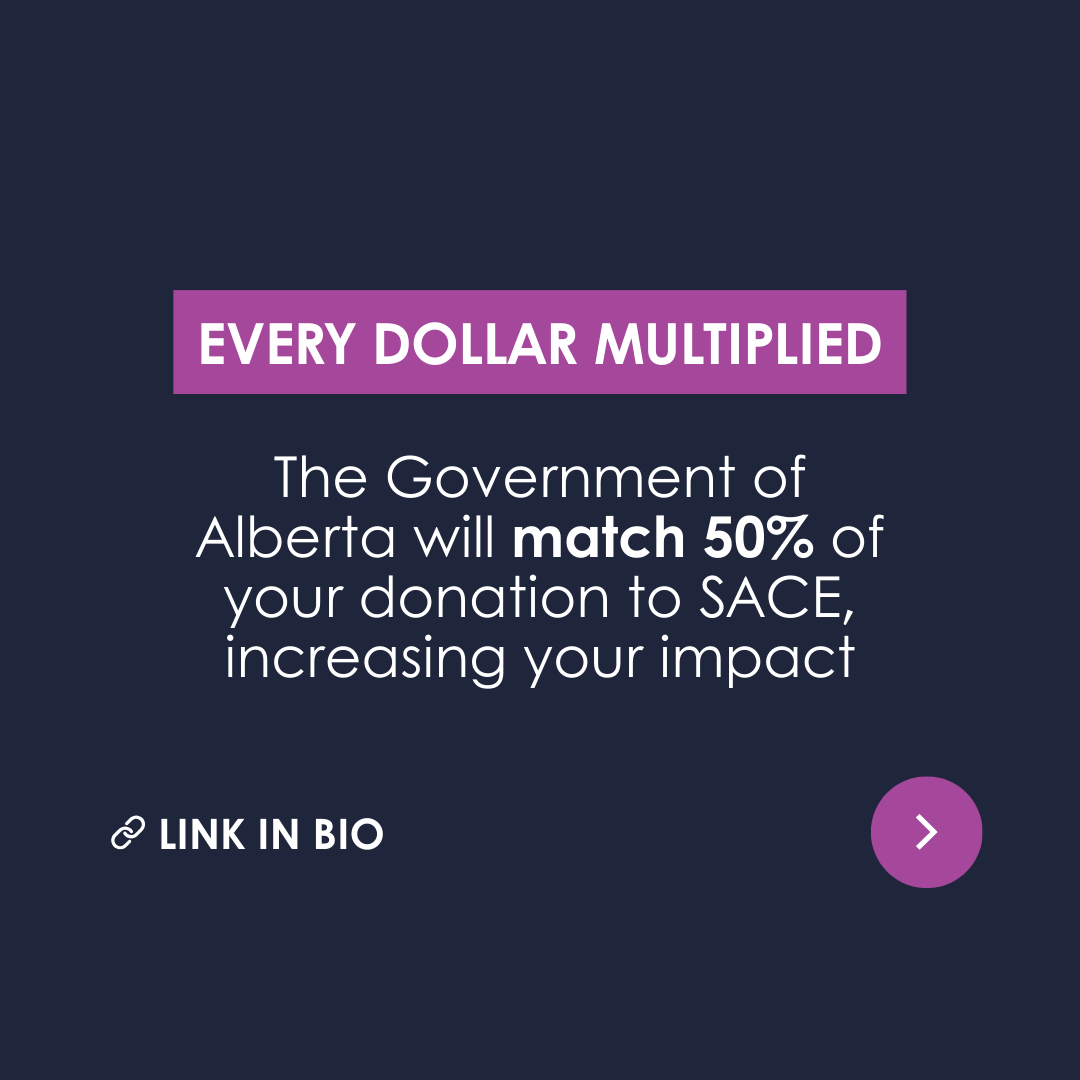
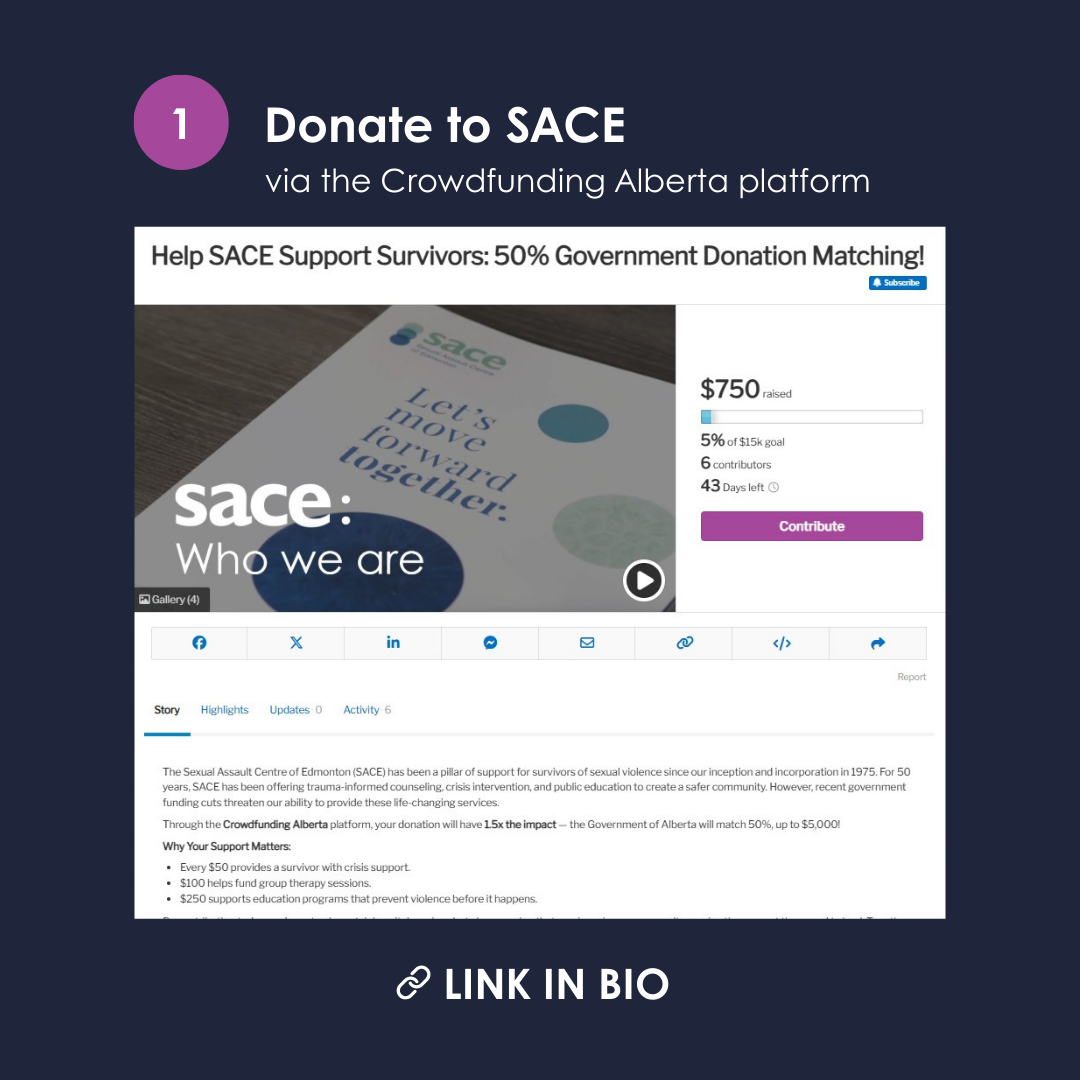
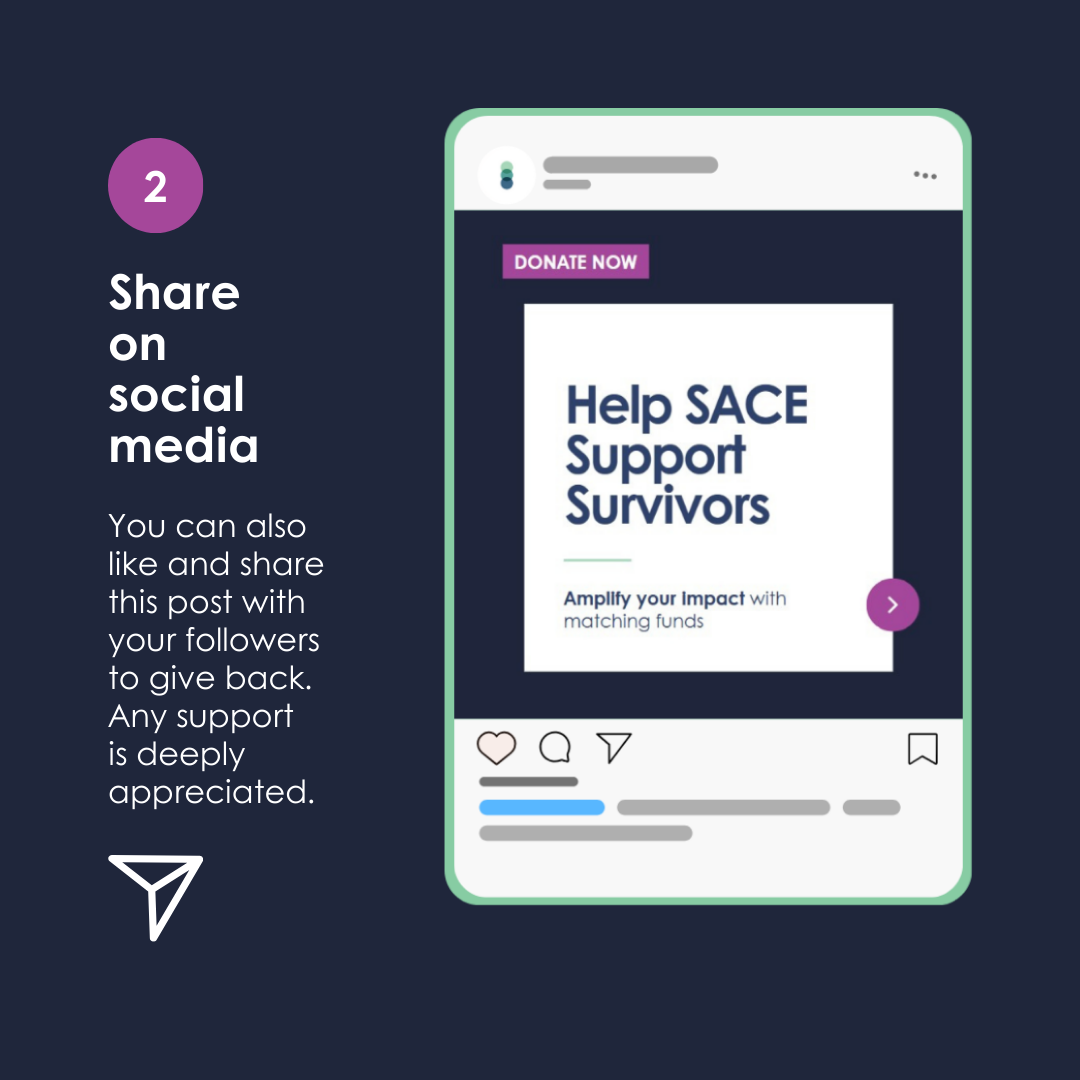
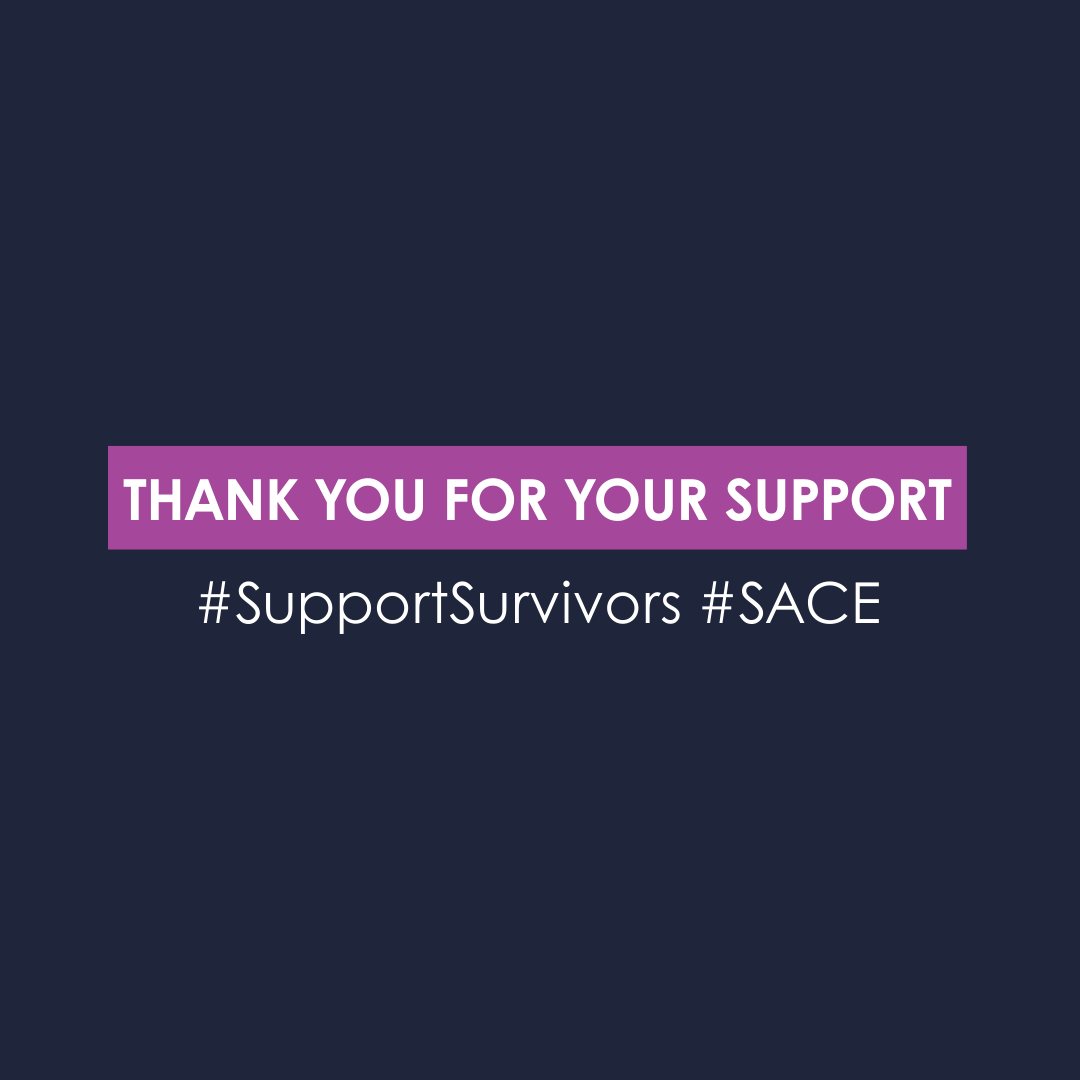
Volunteer Awards
In January 2024, SACE recognized some of our brilliant volunteers at our annual volunteer awards night.
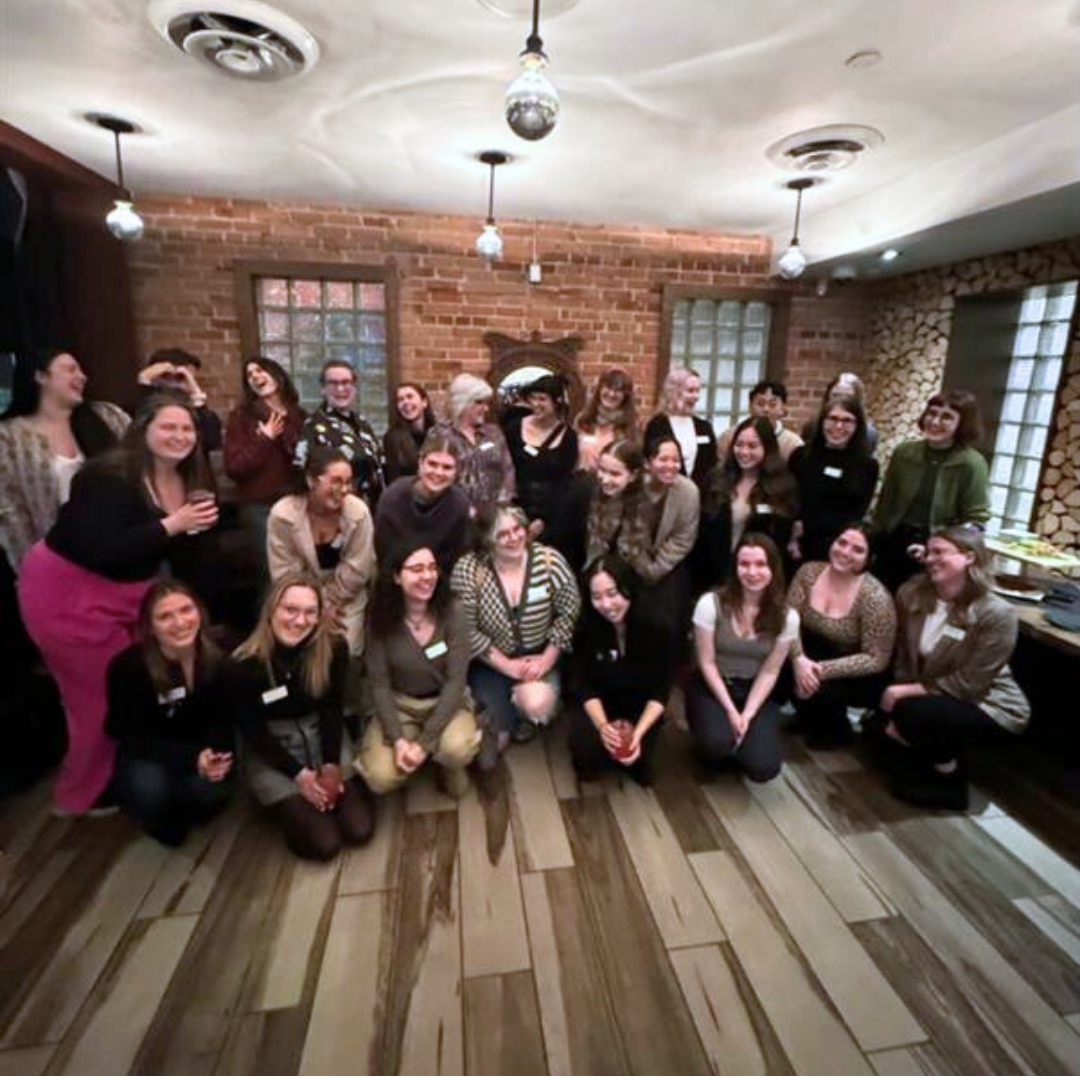
- Jovielle Wendover was presented with the Rick Chalifoux / Jean Gauthier Memorial Volunteer of the Year Award, in honour of two SACE volunteers who worked on the crisis lines and fundraising. Beyond her work on the SIL/One Line, Jovielle has contributed significantly by assisting with mentor support and participating in information and community booth initiatives. Her performance on the line is consistently competent, reflecting her dedication to quality conversations.
- Anika Chessall won the Sprout Award, presented to the volunteer with the most growth and development in their first year of volunteering. Anika has shown a strong level of dedication to the line and the folks she has supported. She asks questions, voices concerns, and has truly embodied the mission at SACE in her work as a volunteer.
- David Shrimpton, Tessa Hubbell, Rowena Dixon, Tracy Pham, Maddy Dabbs-Petty were recipients of Roots Awards, presented to any volunteer who reaches five or more years of active service with SACE. This award is awarded EVERY year after 5 years. Tessa Hubbell has been a SACE volunteer for 12 years!
